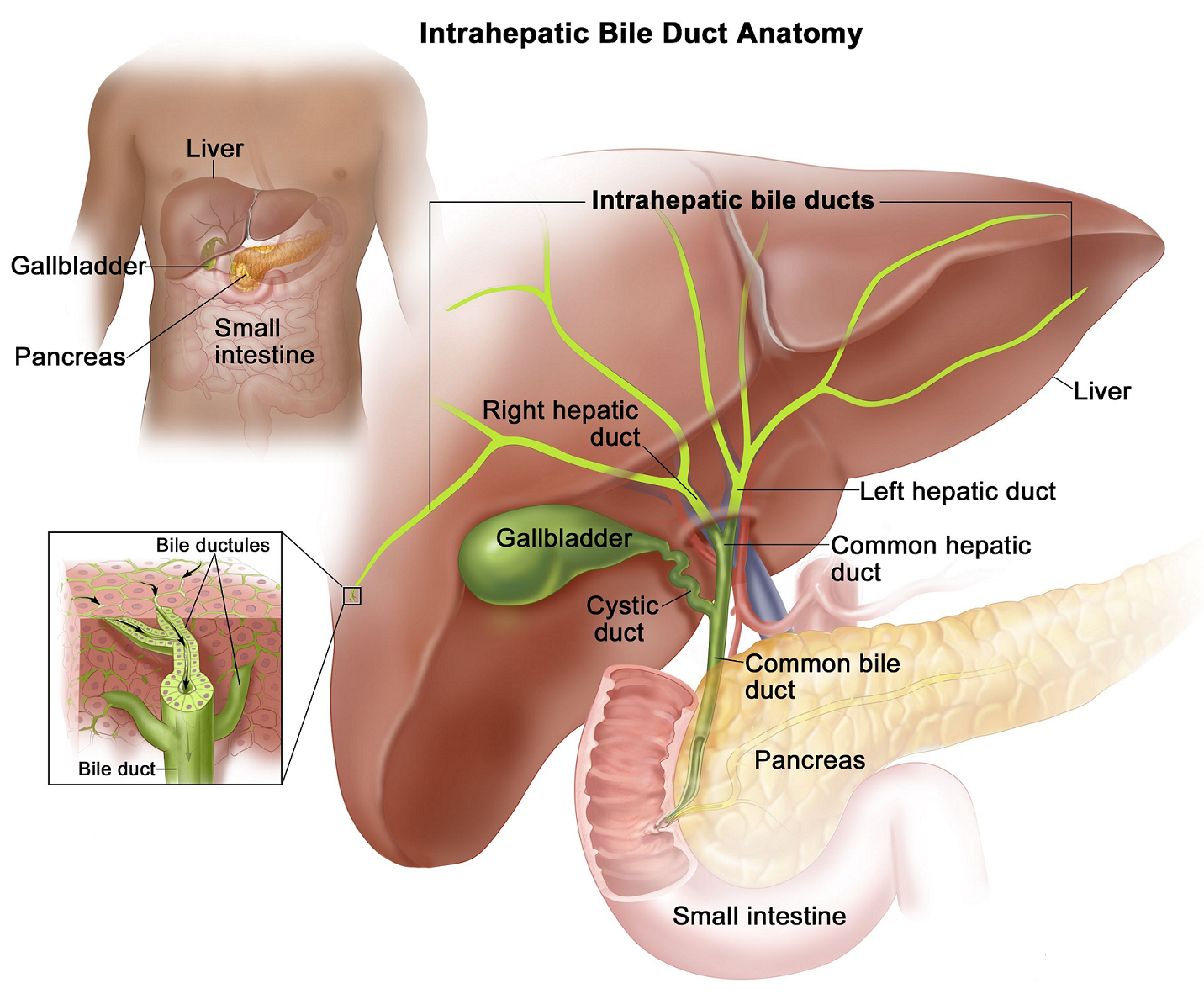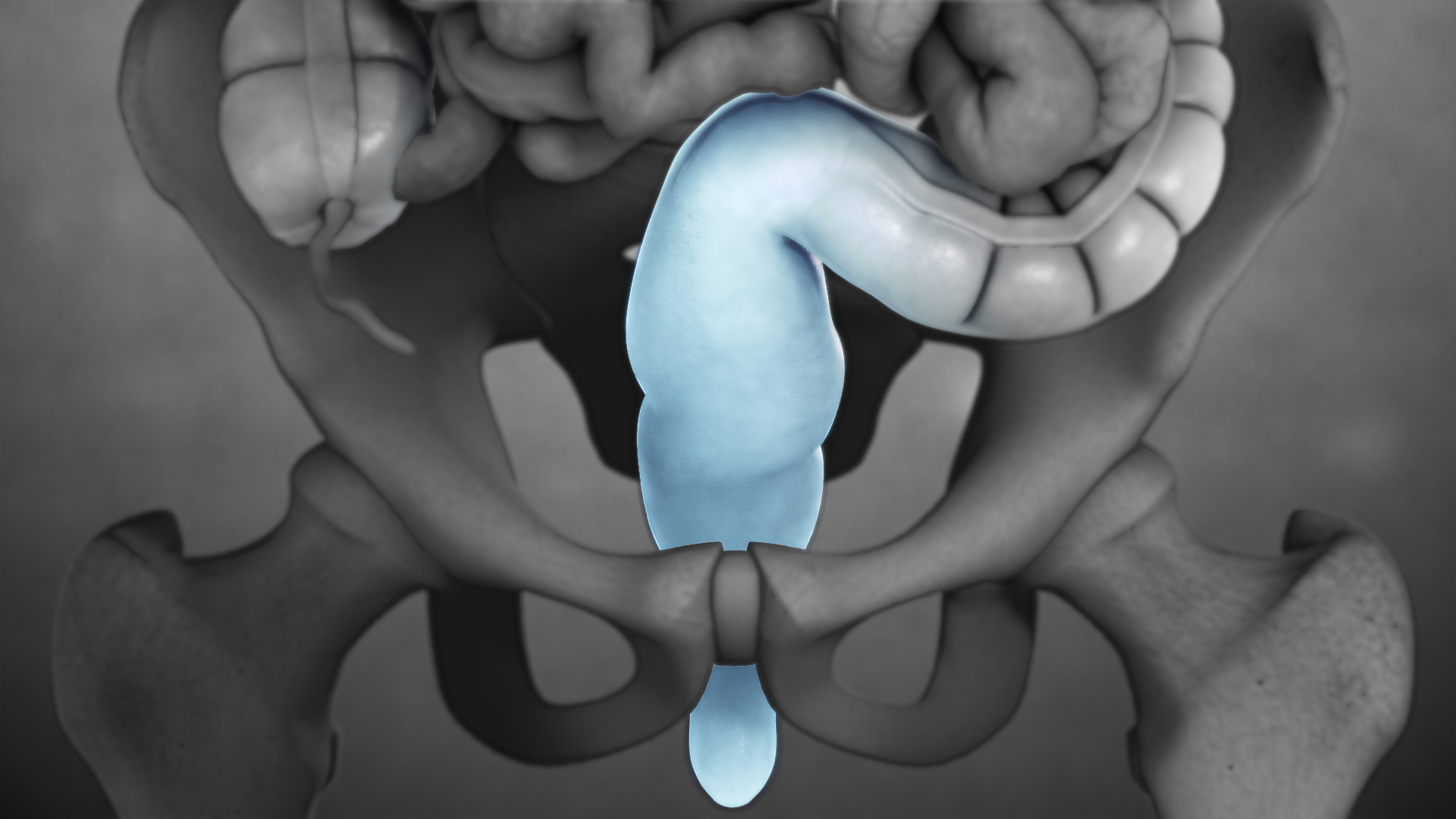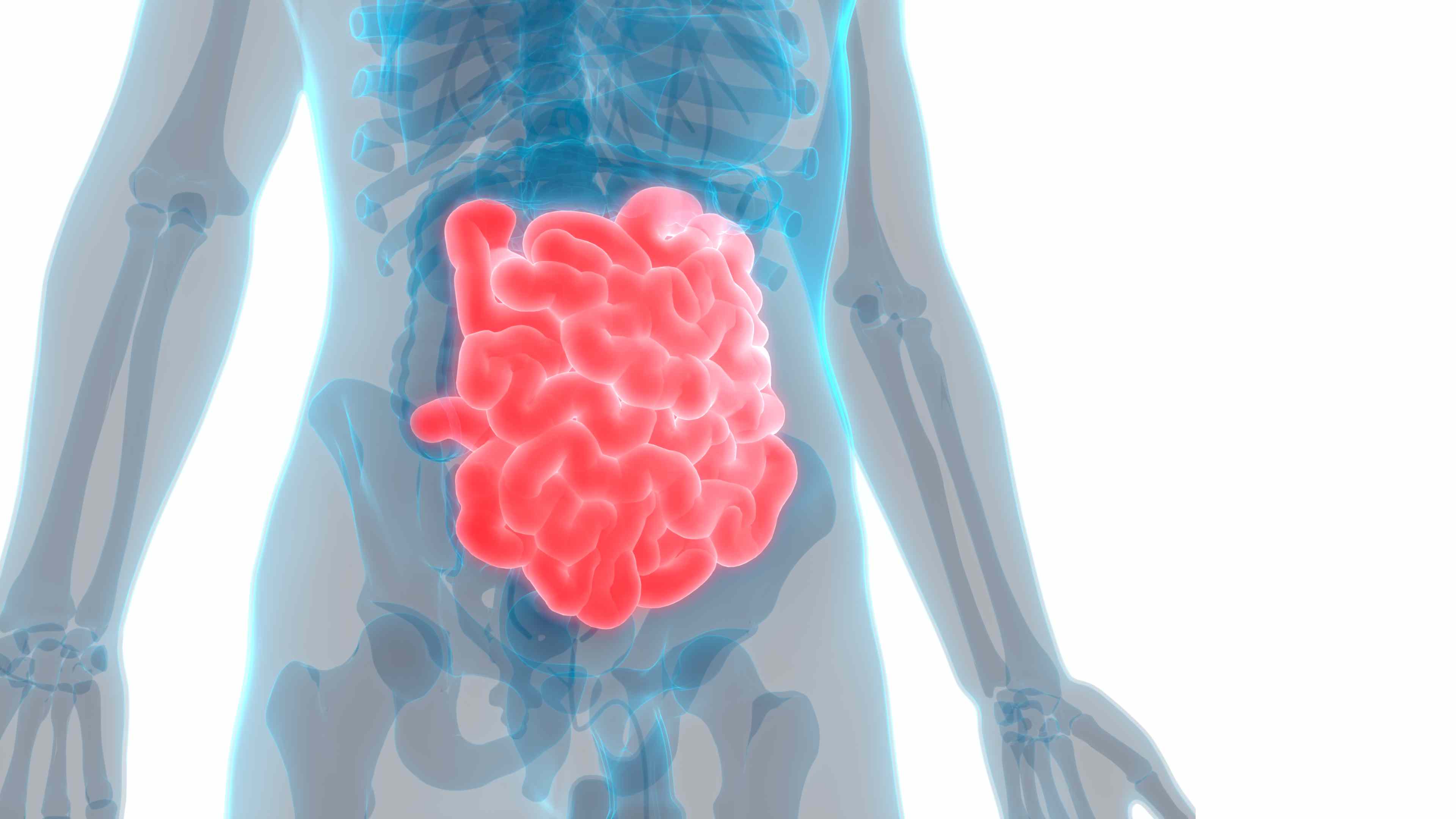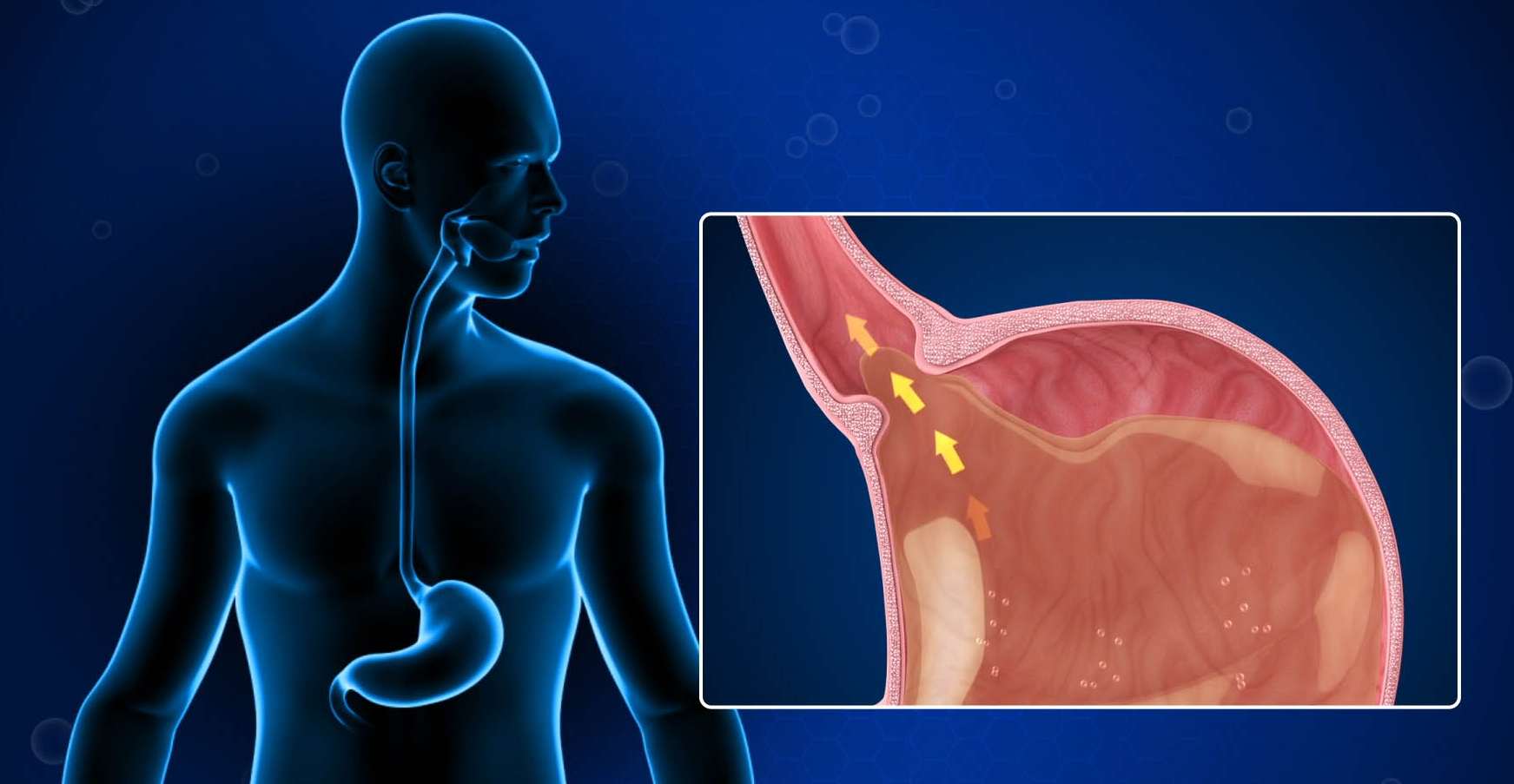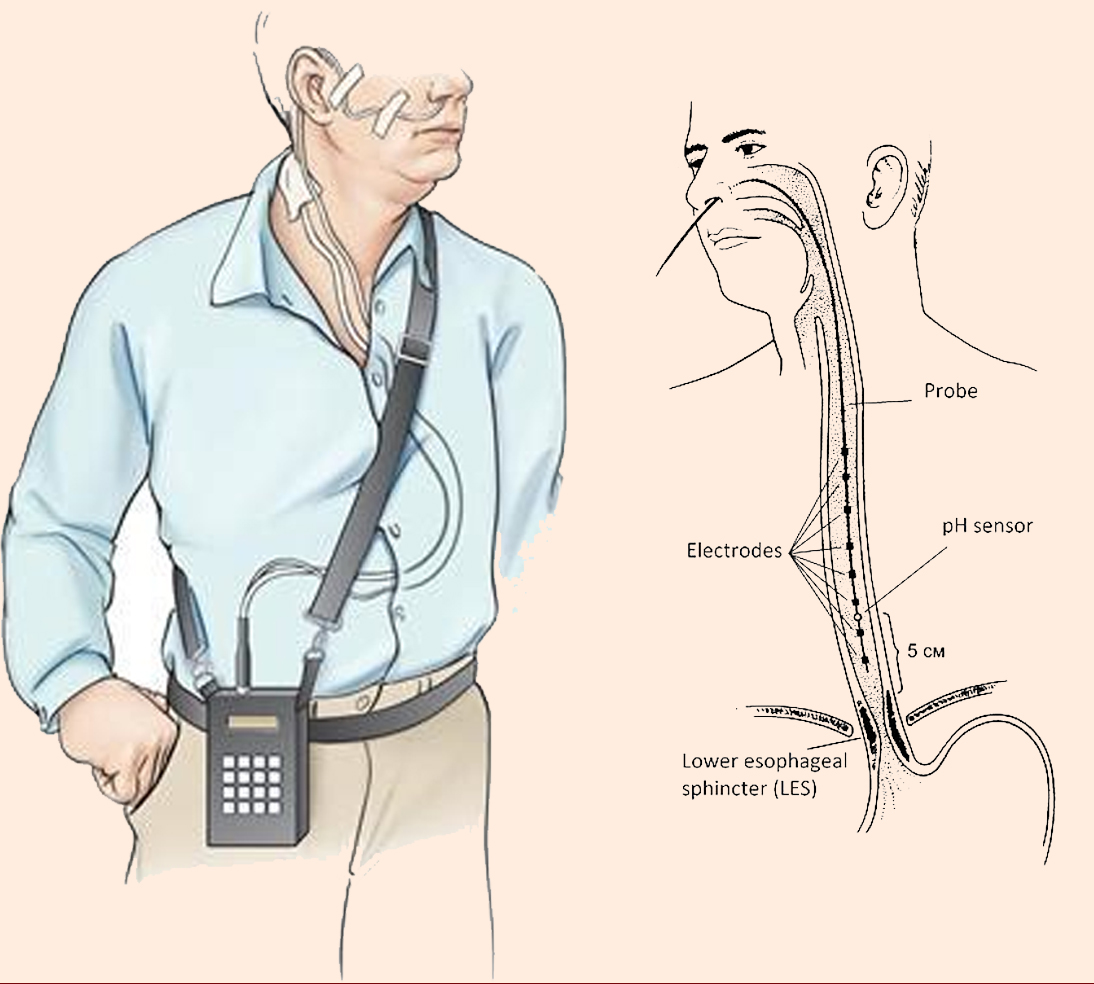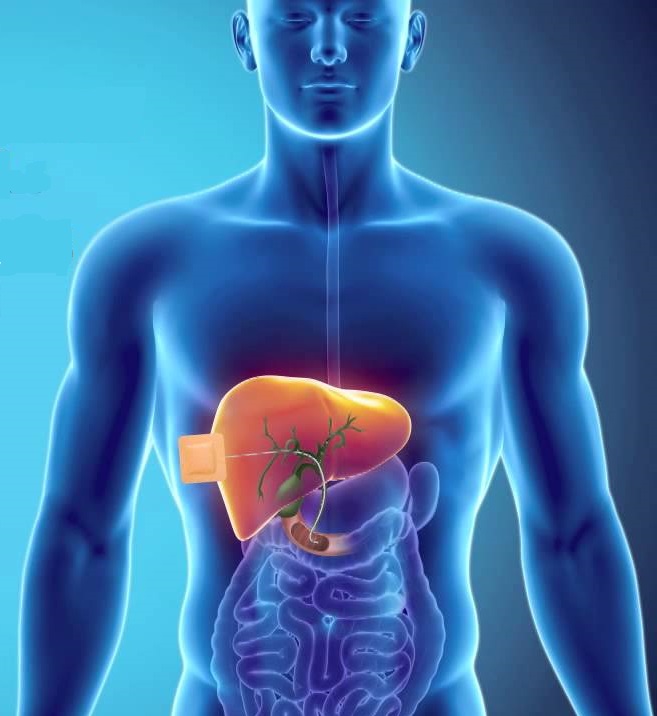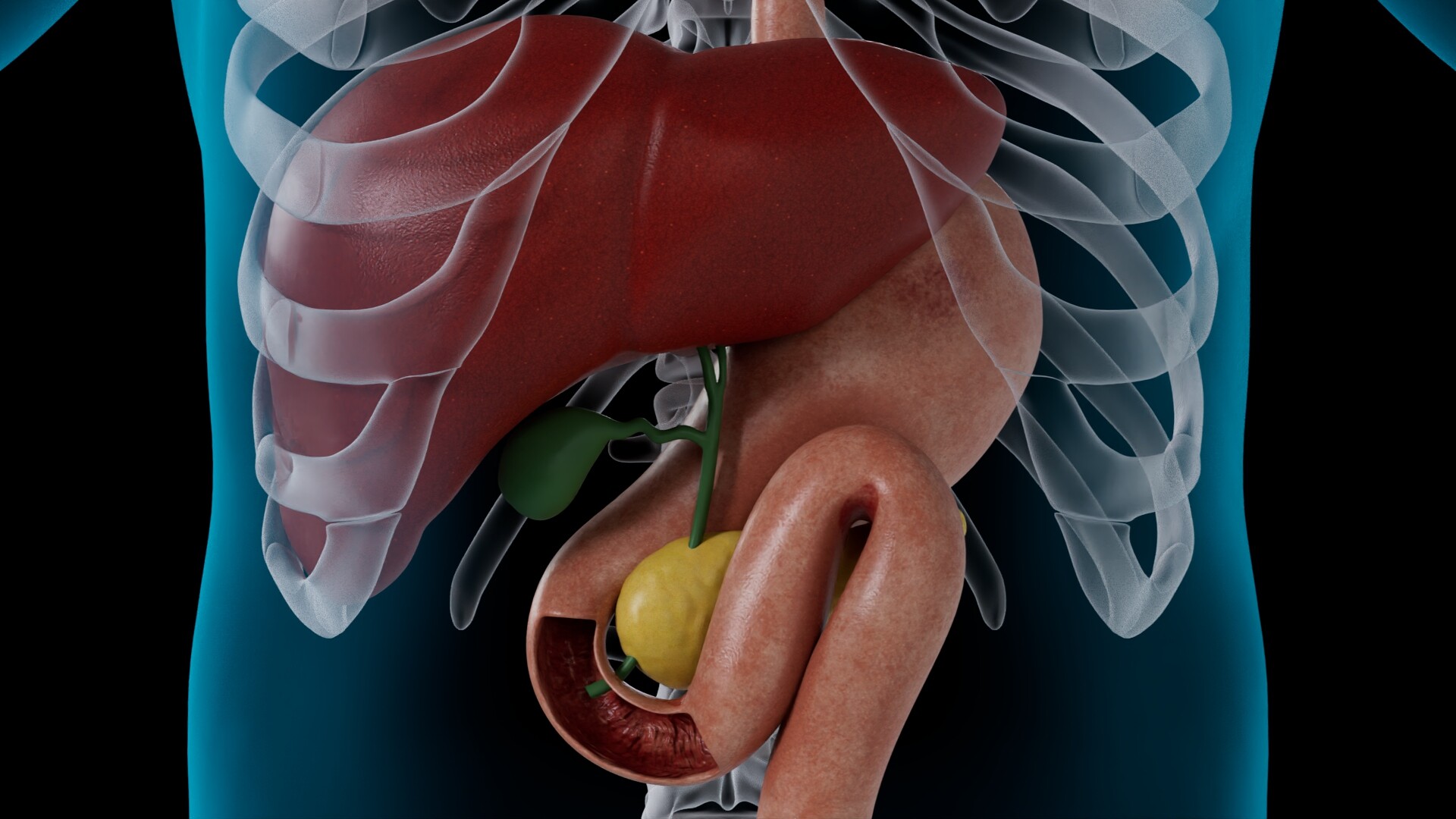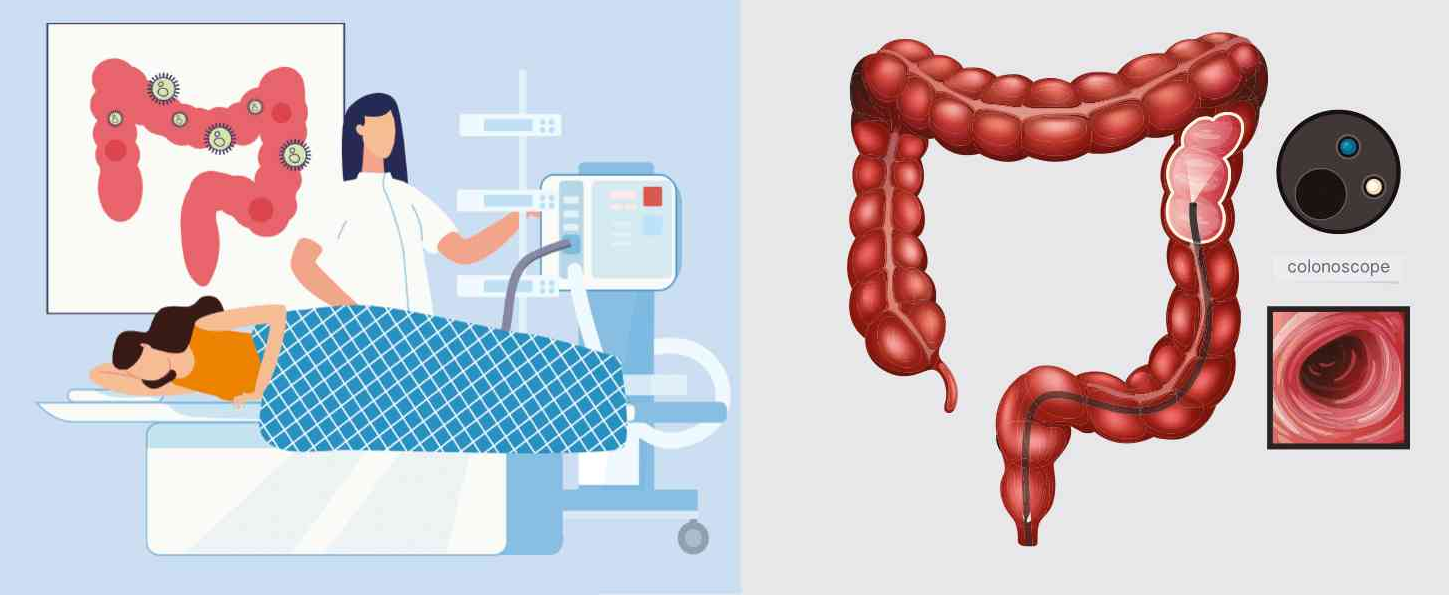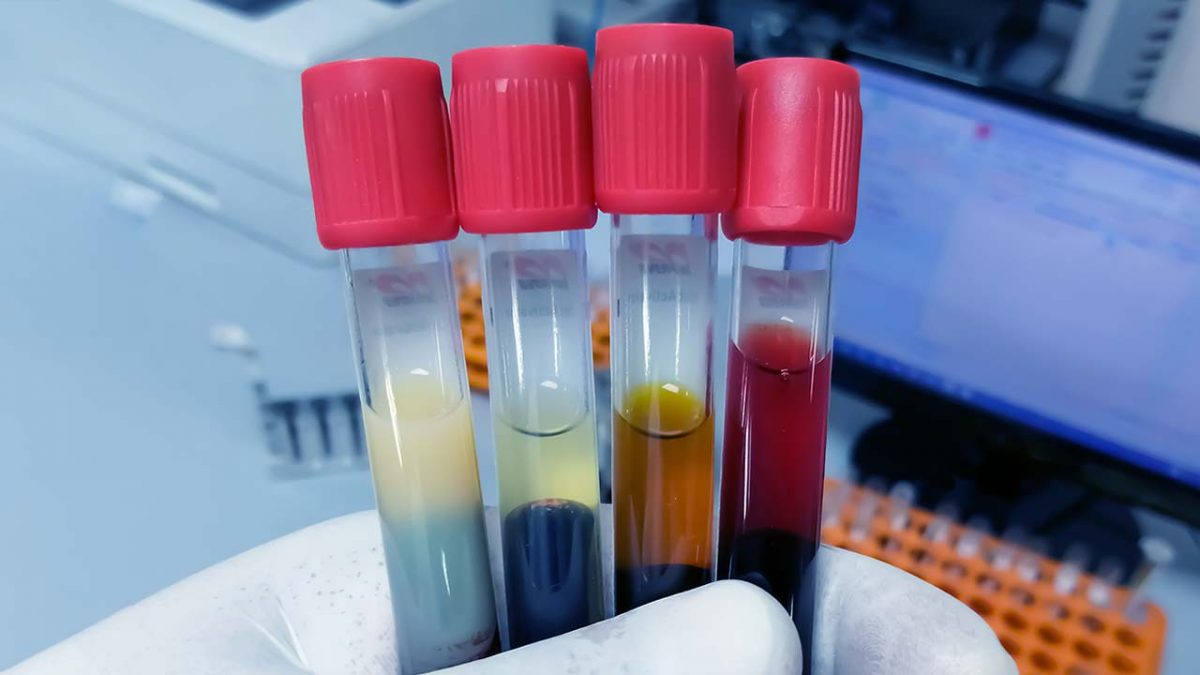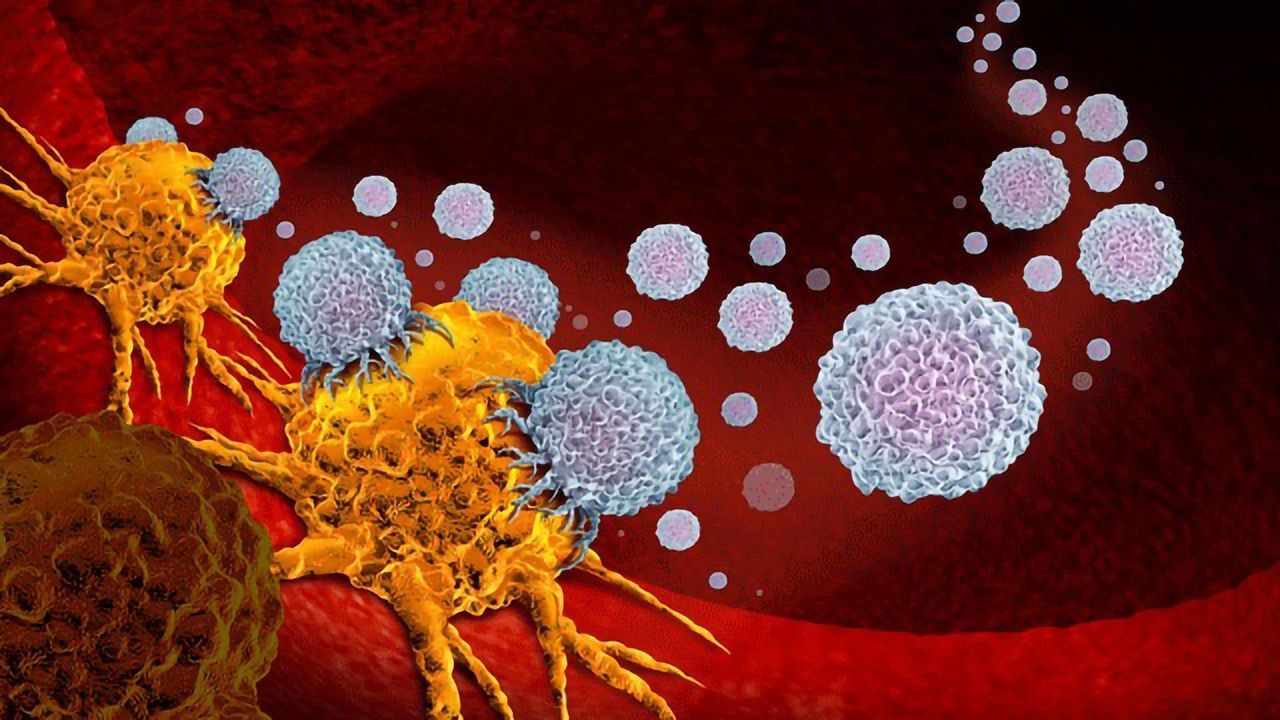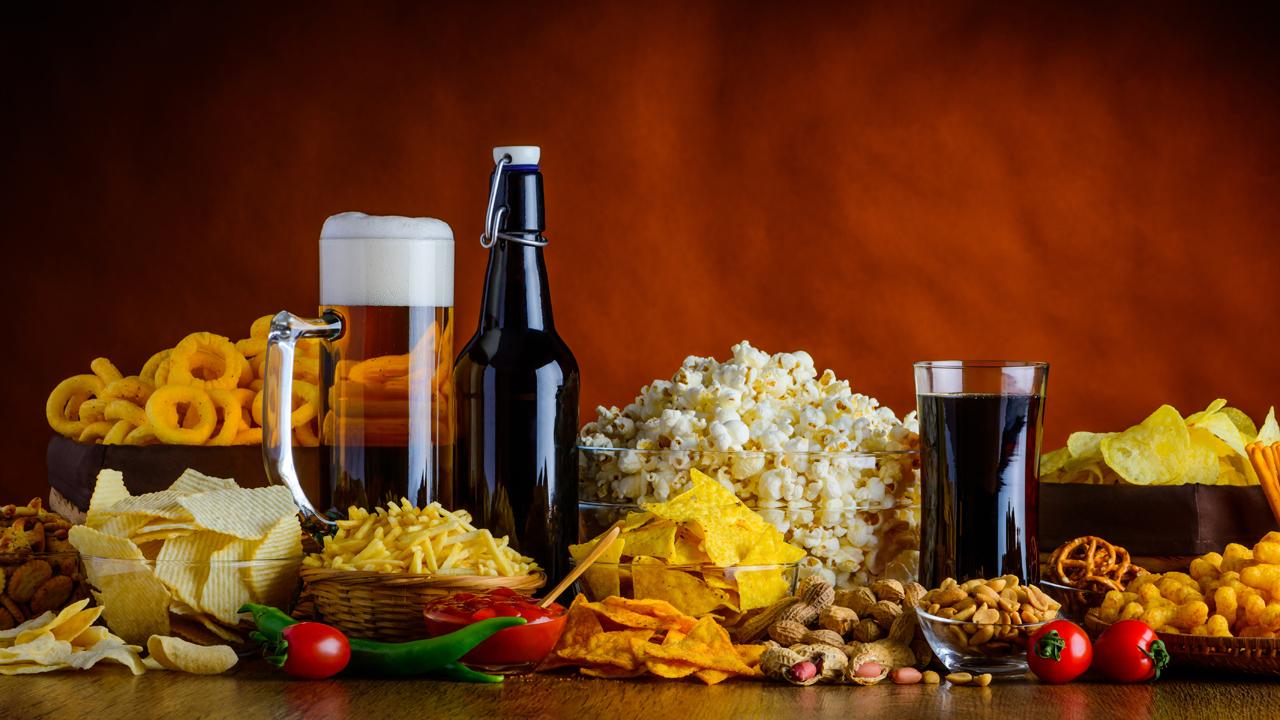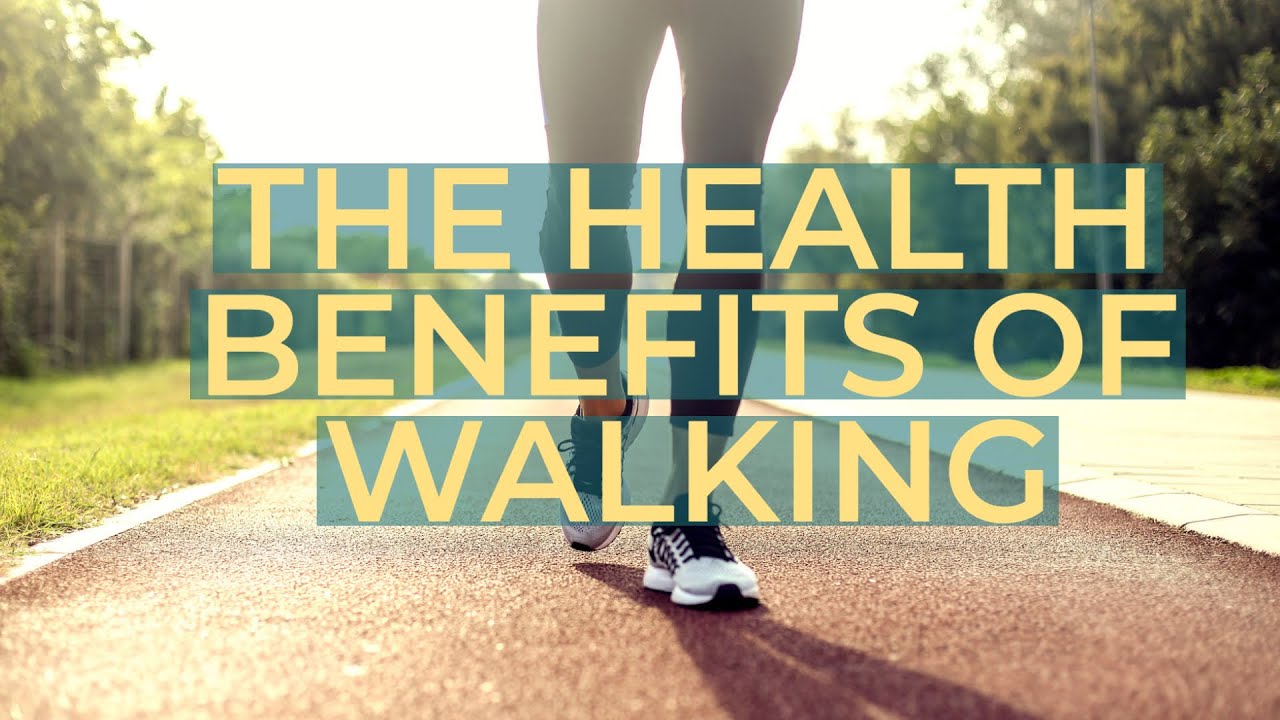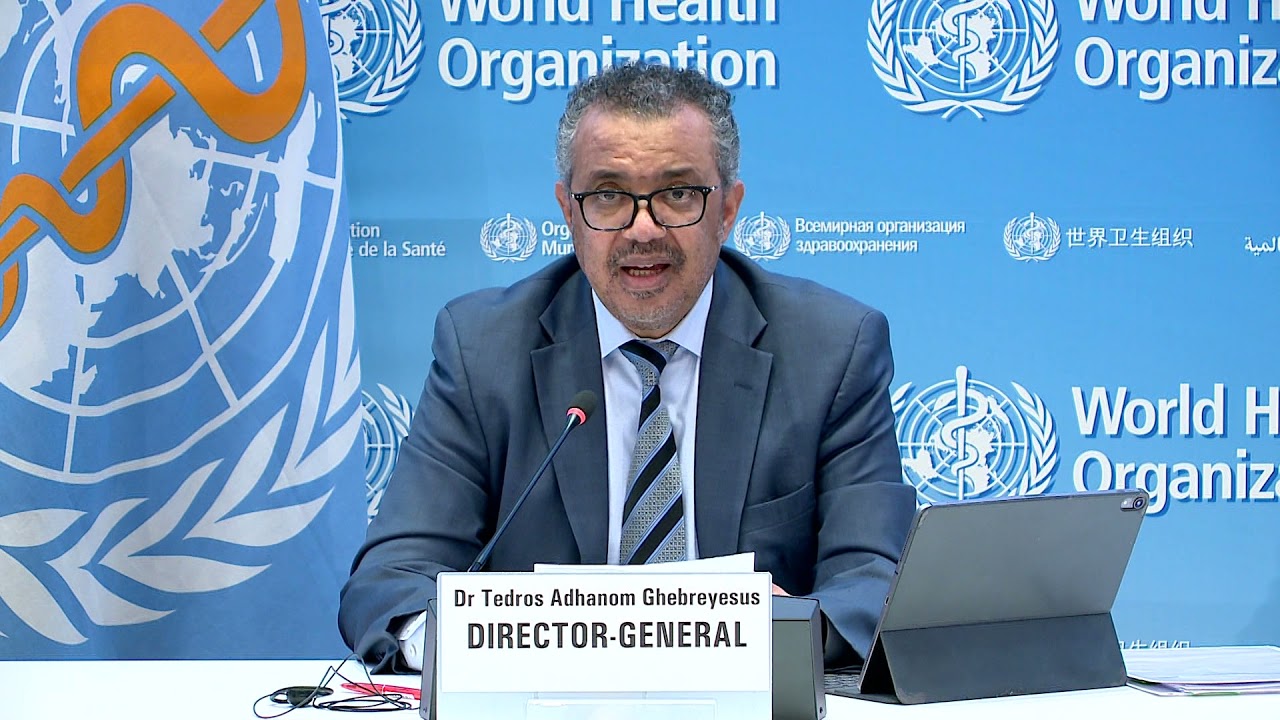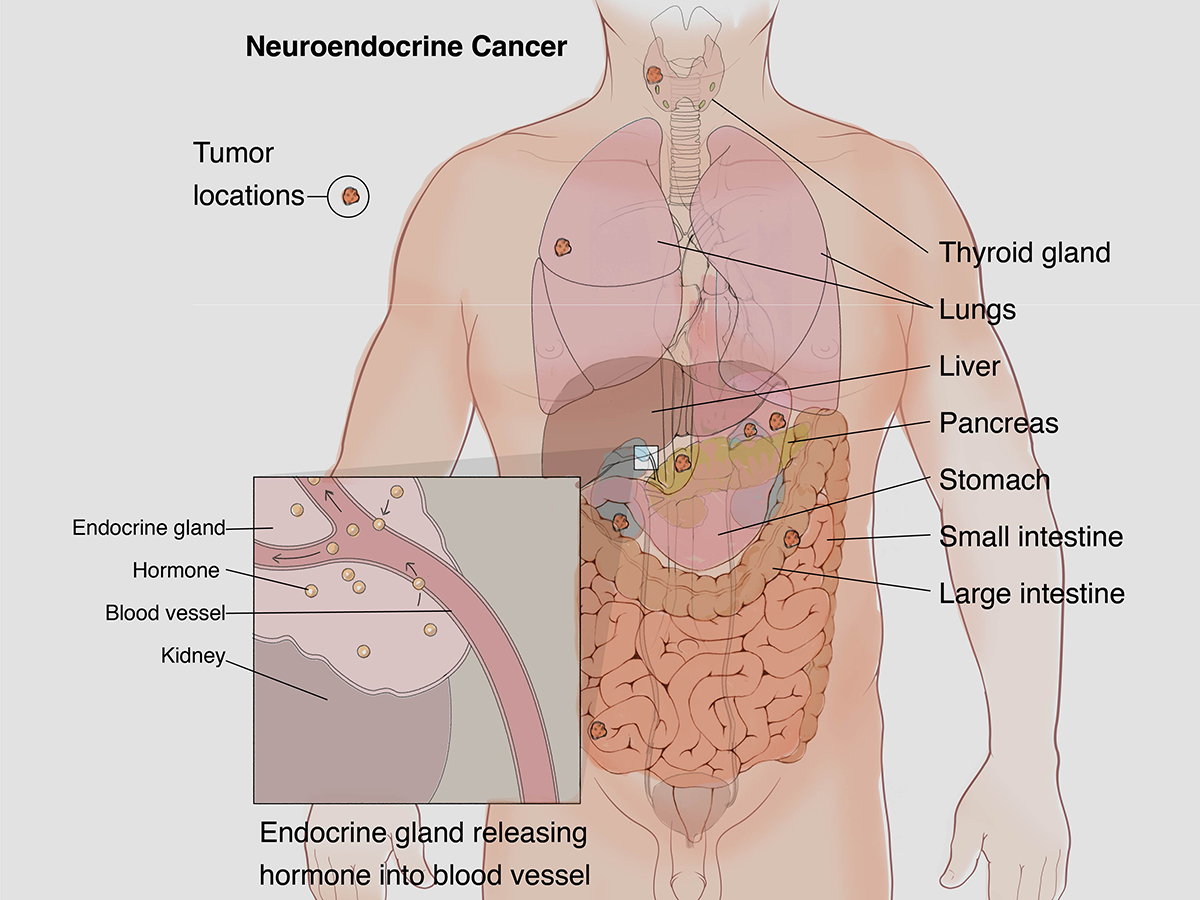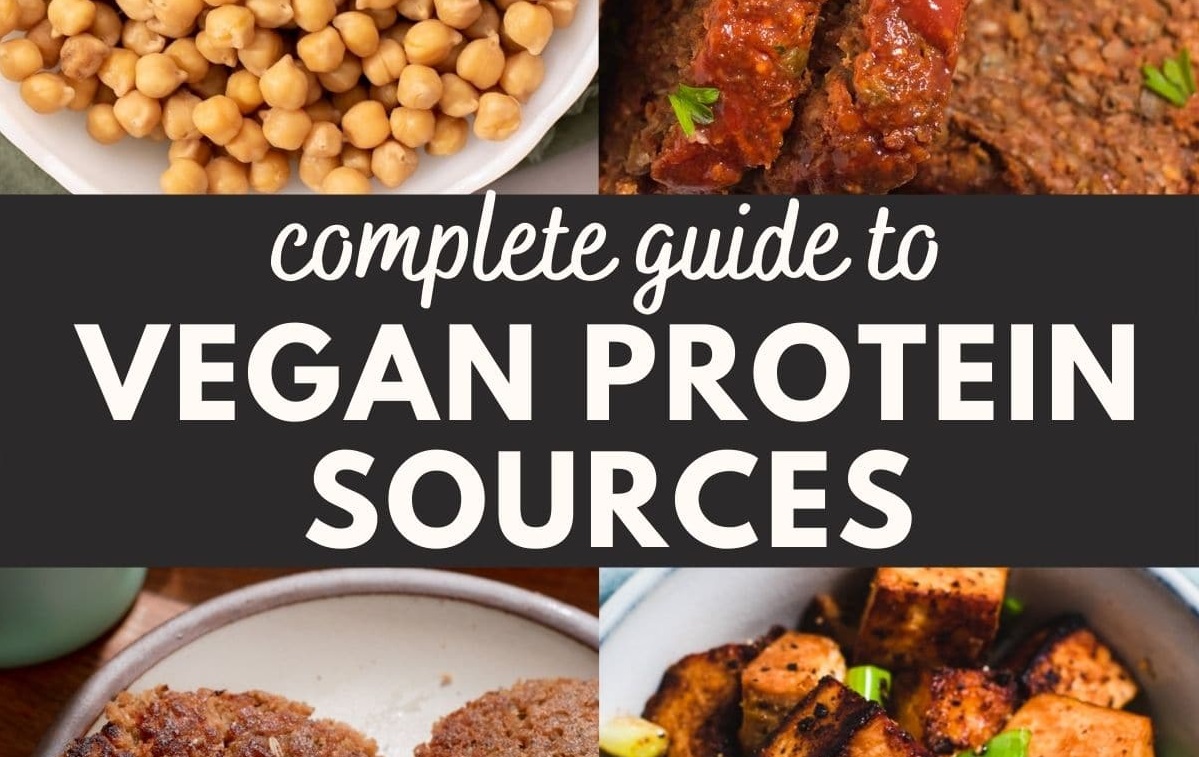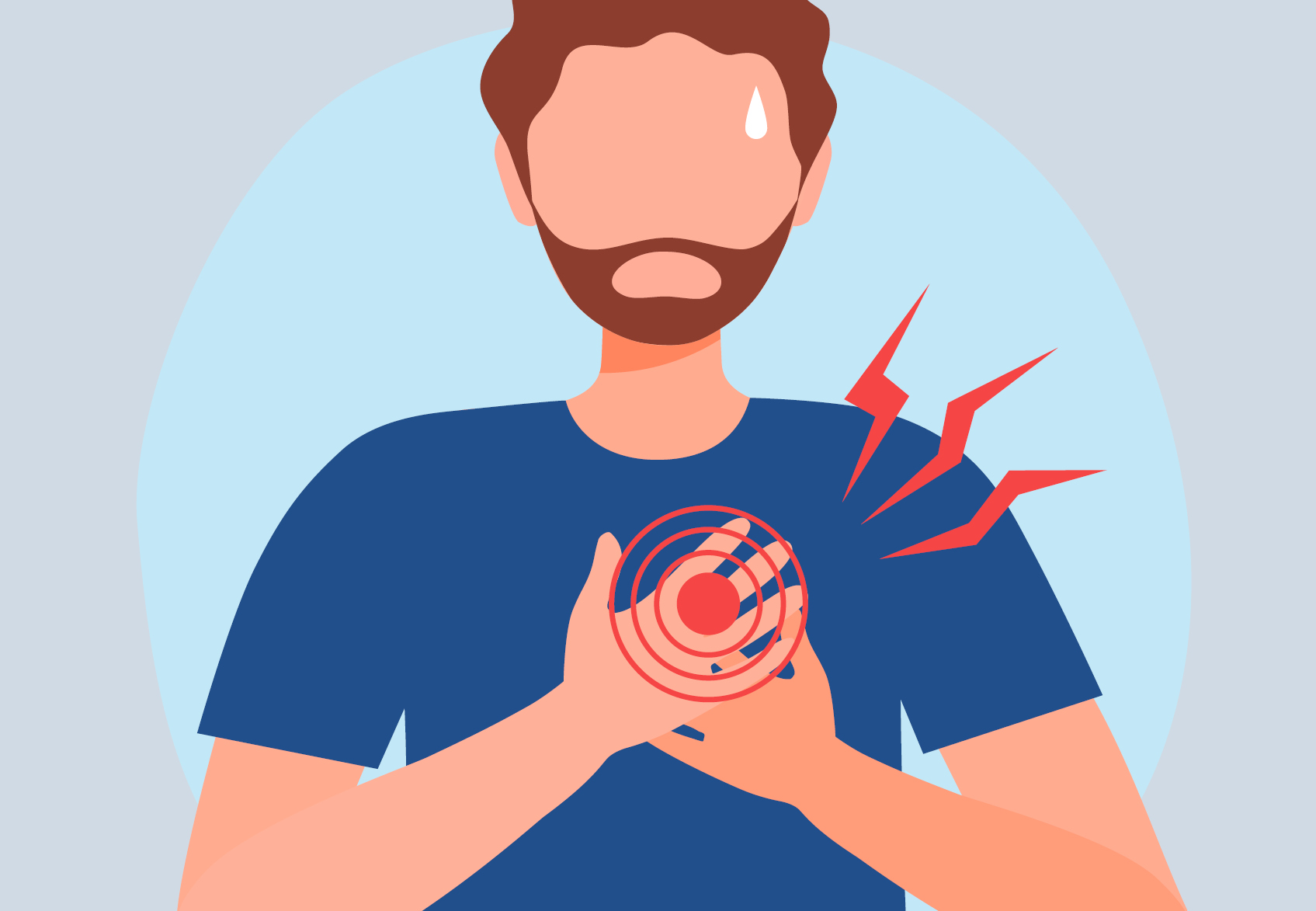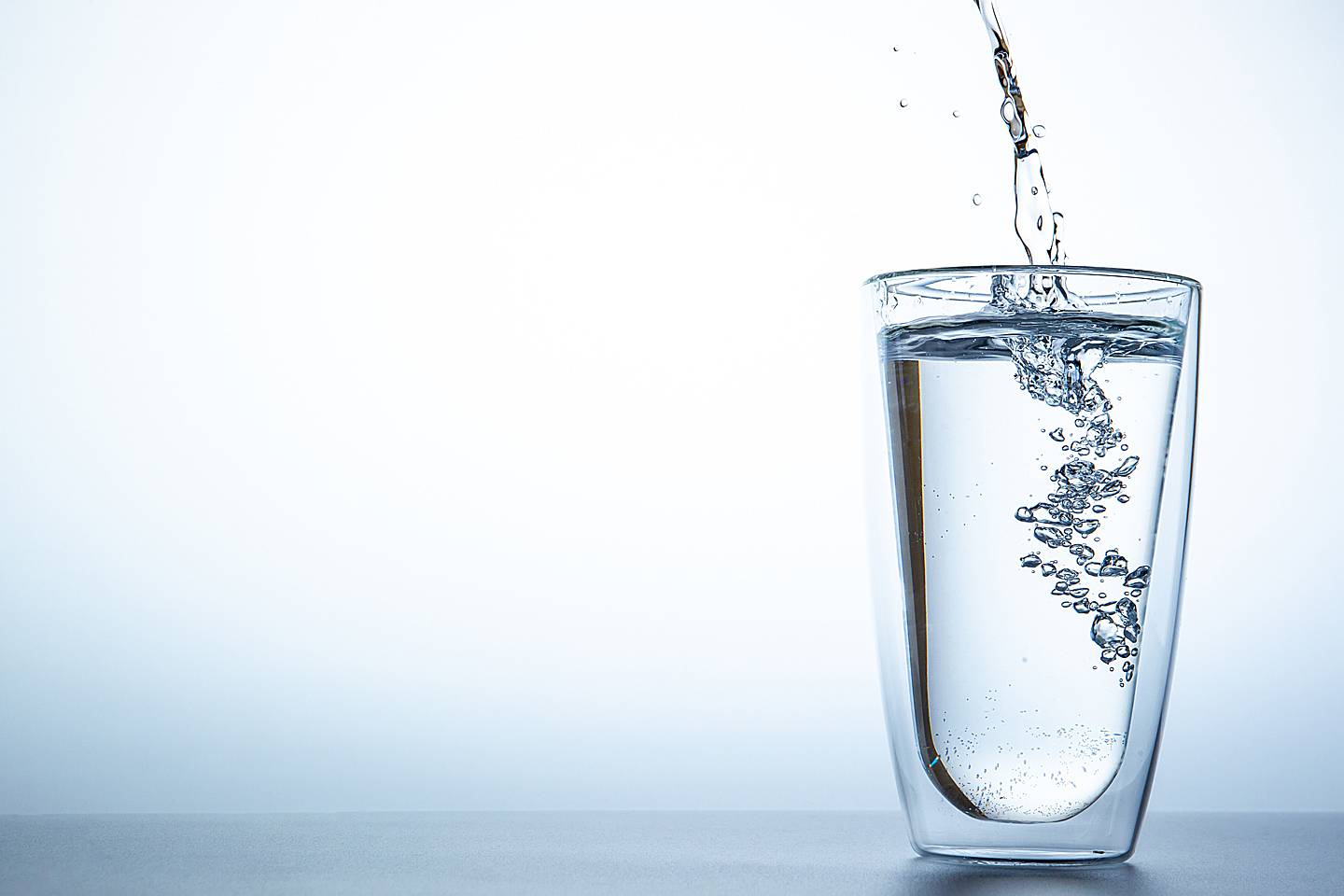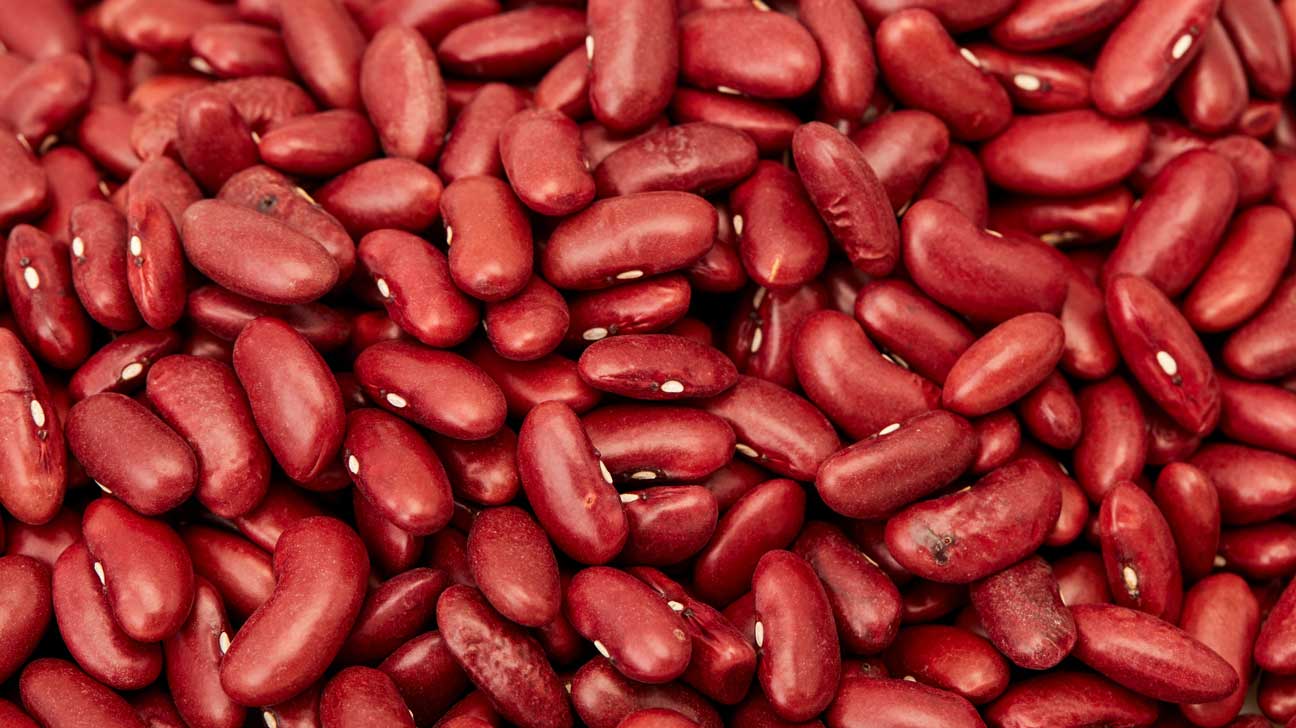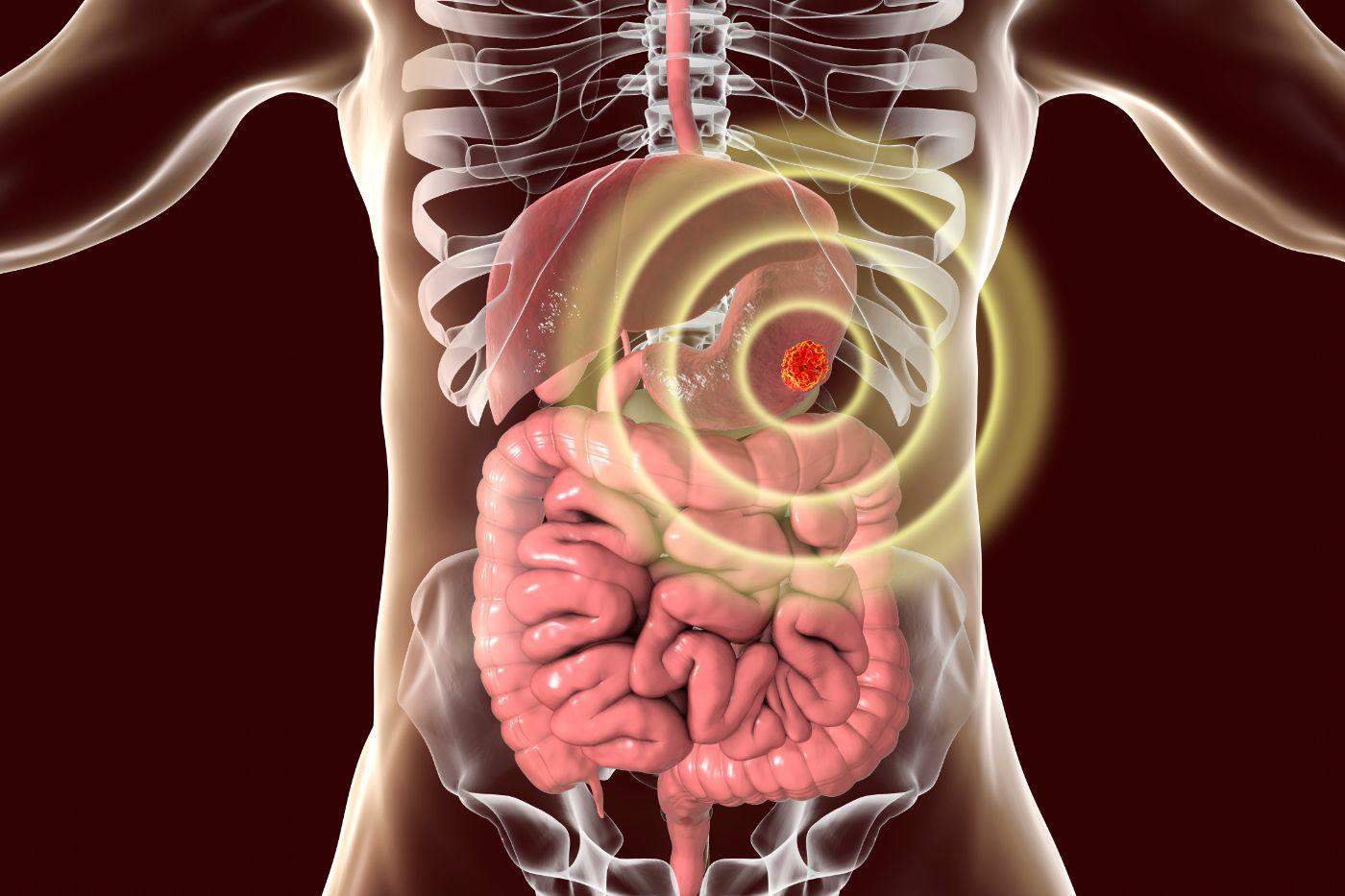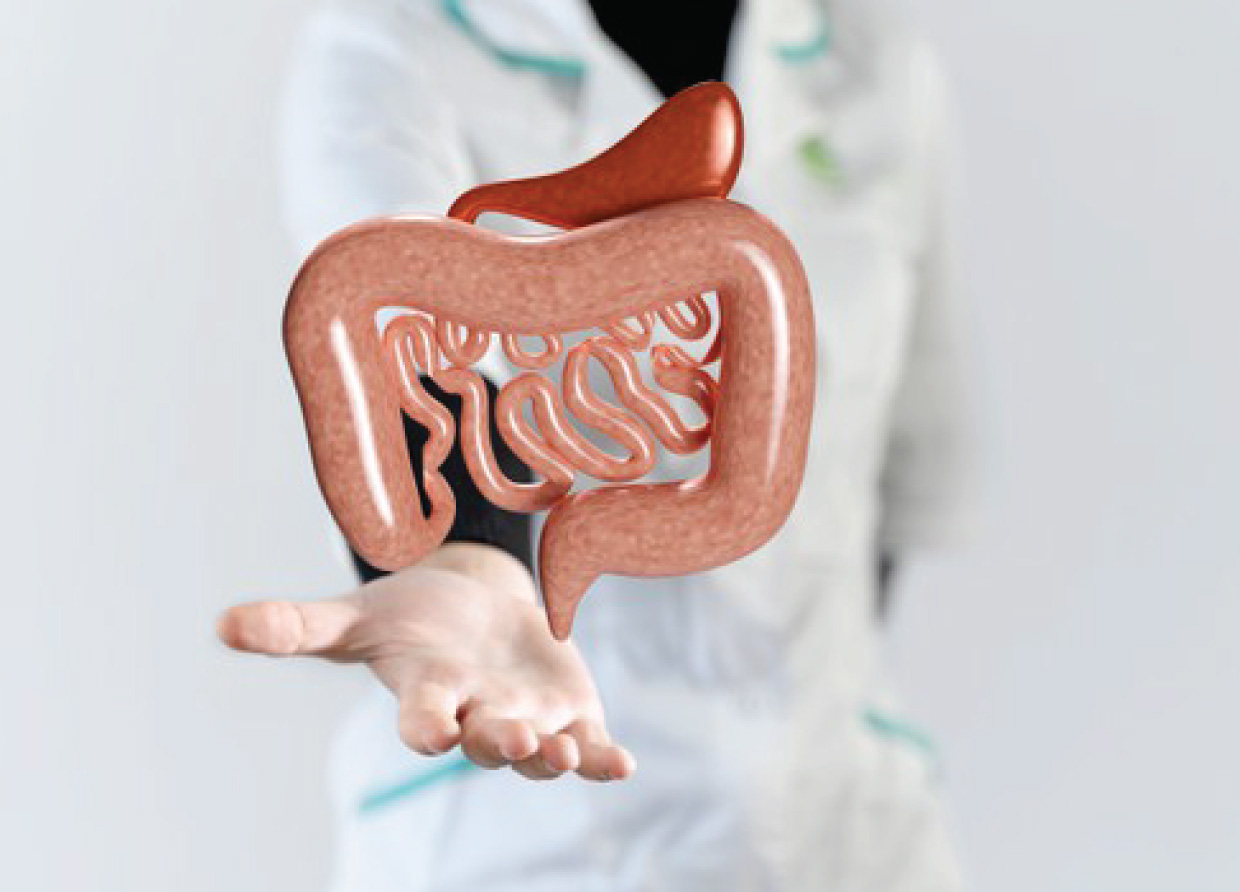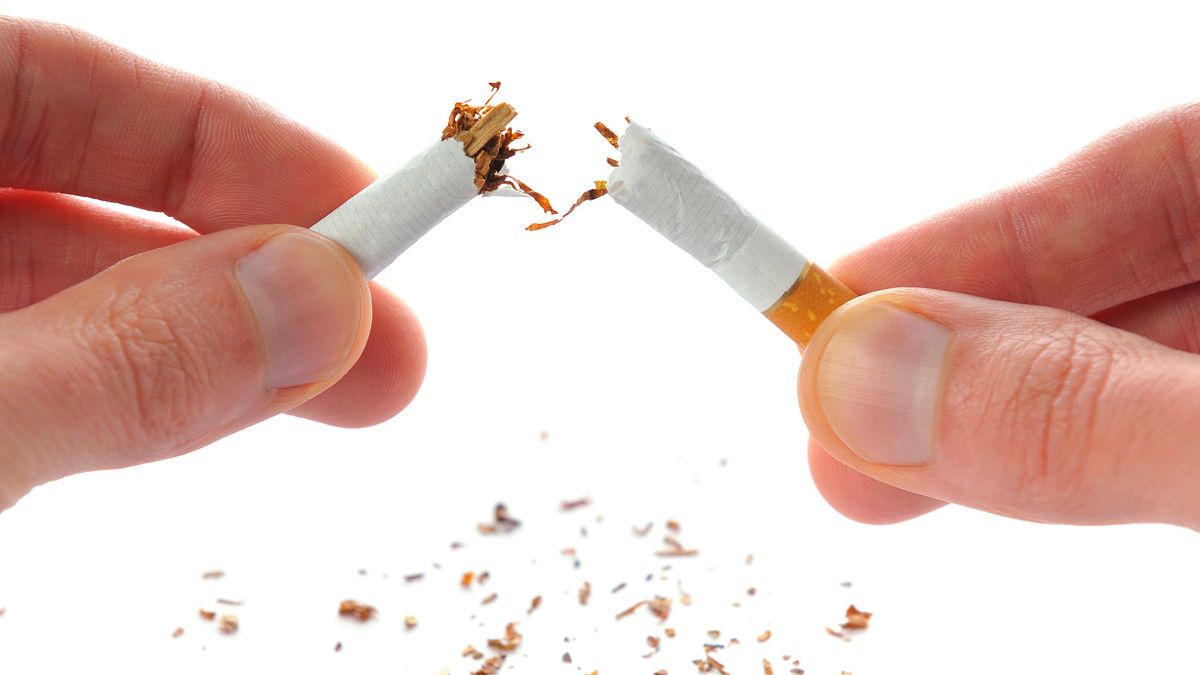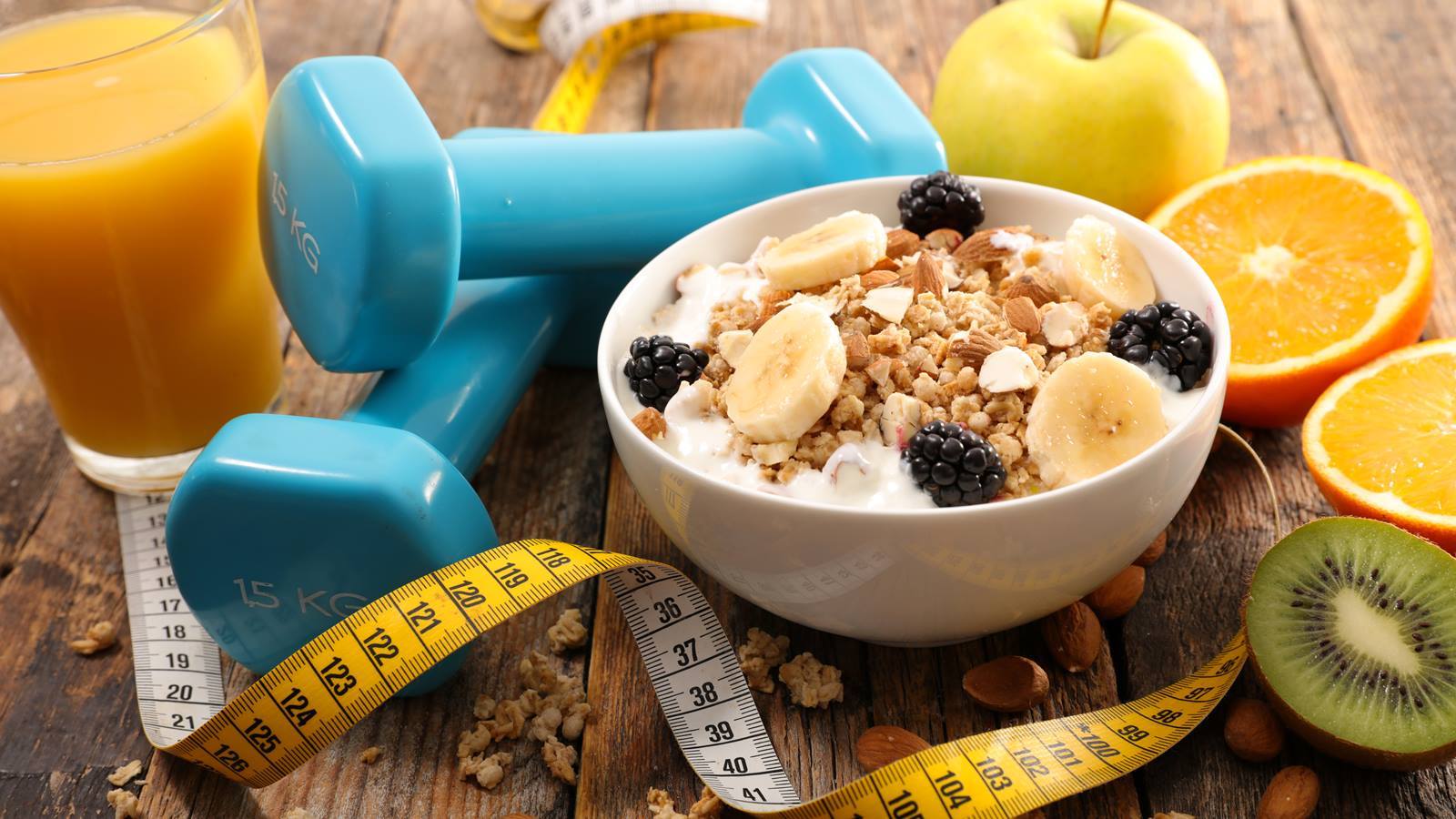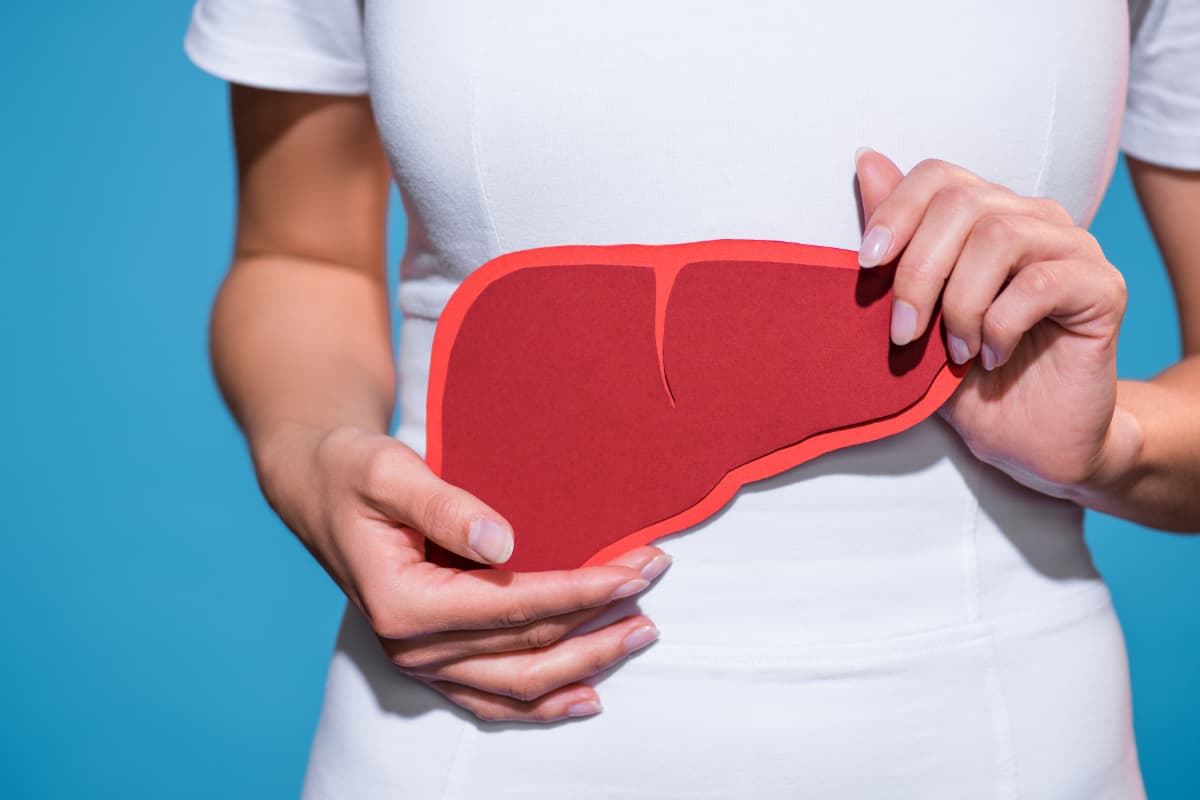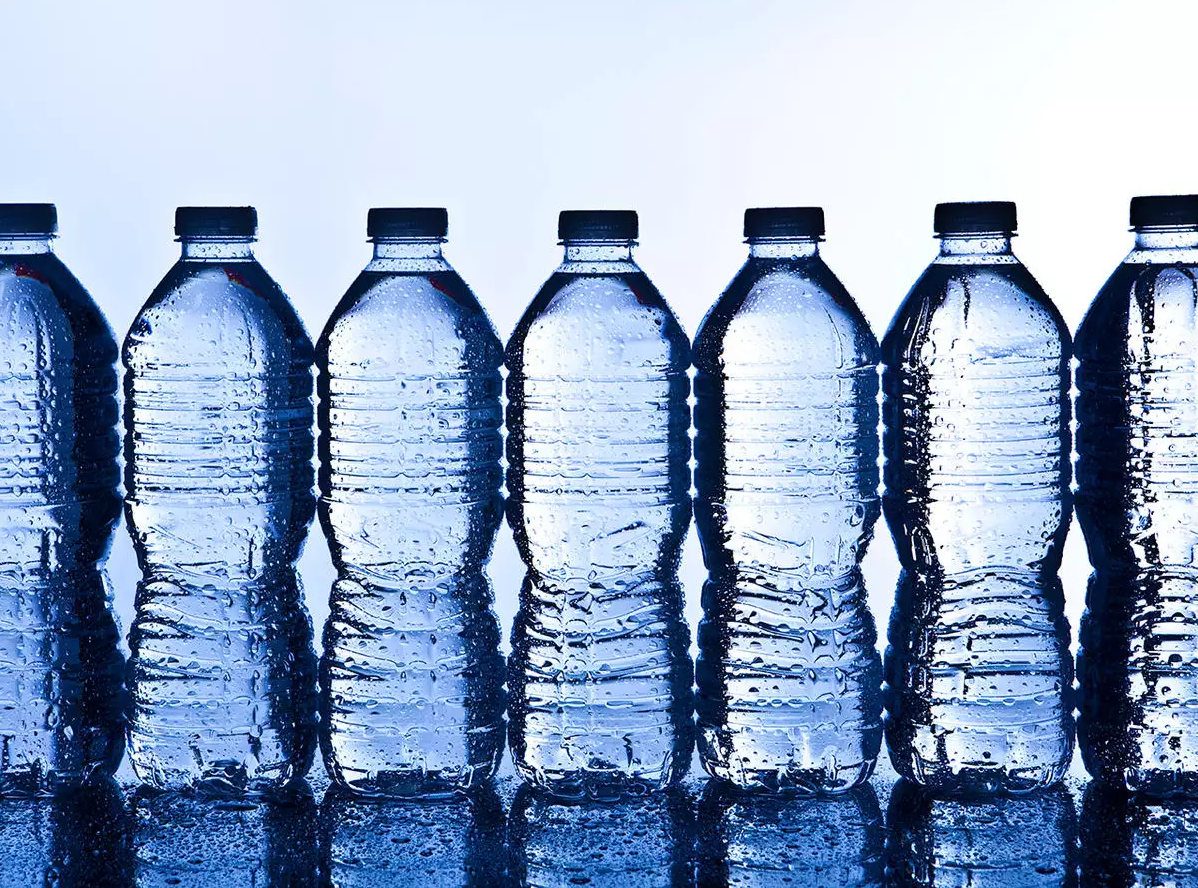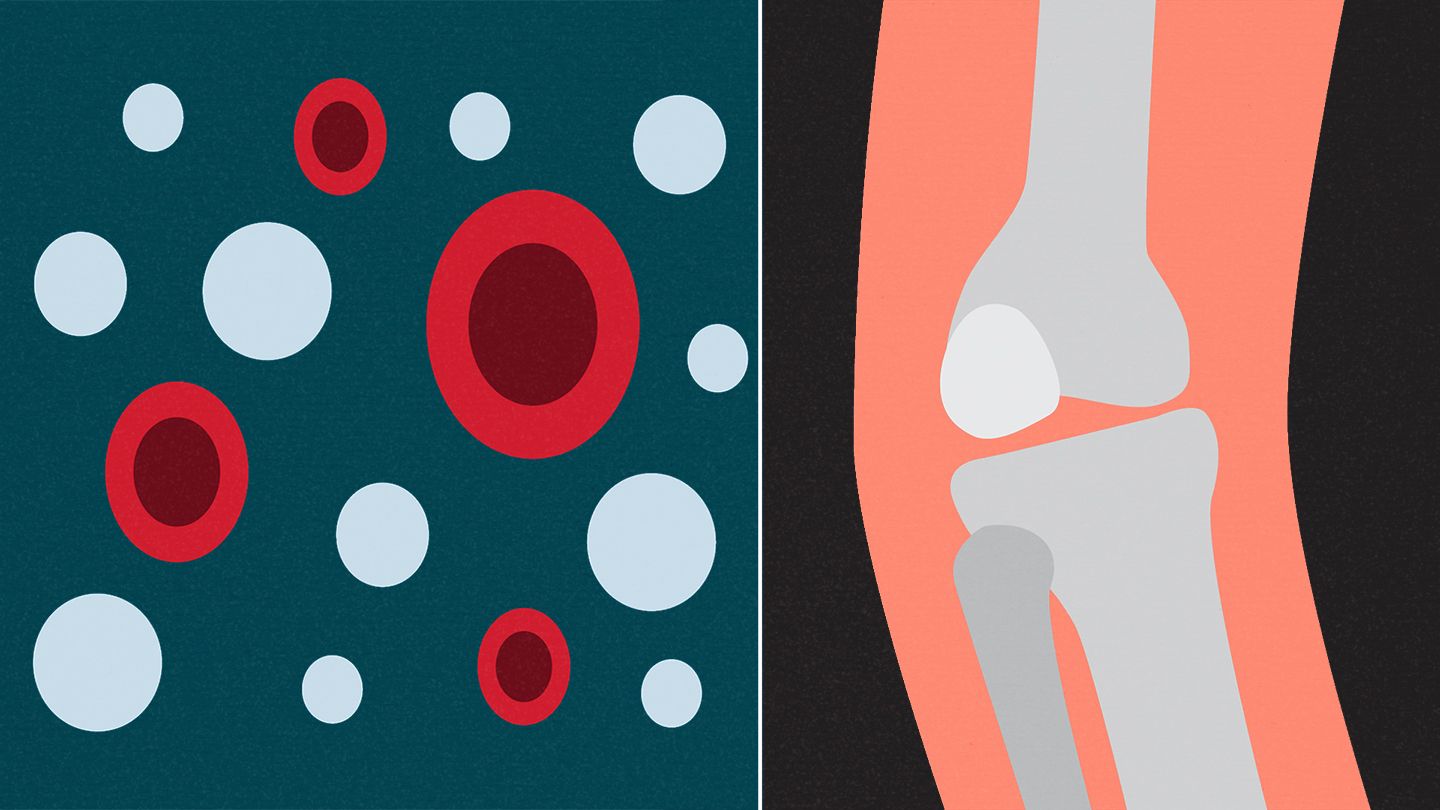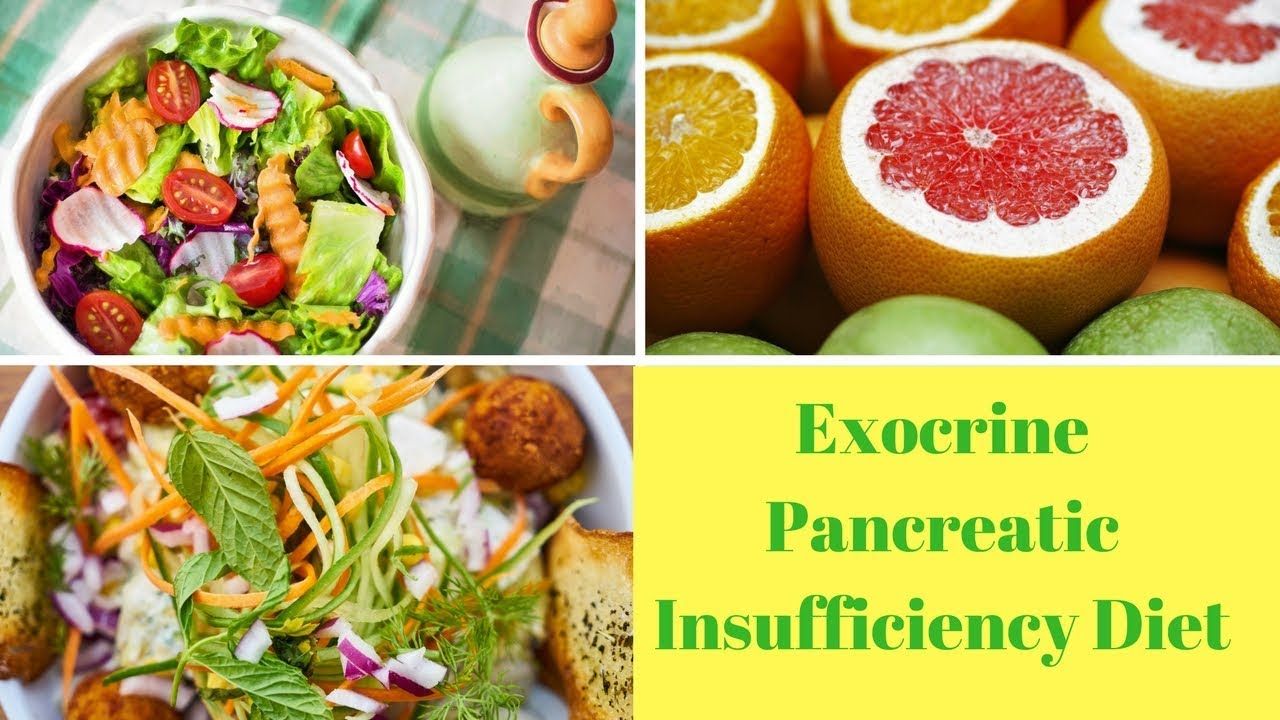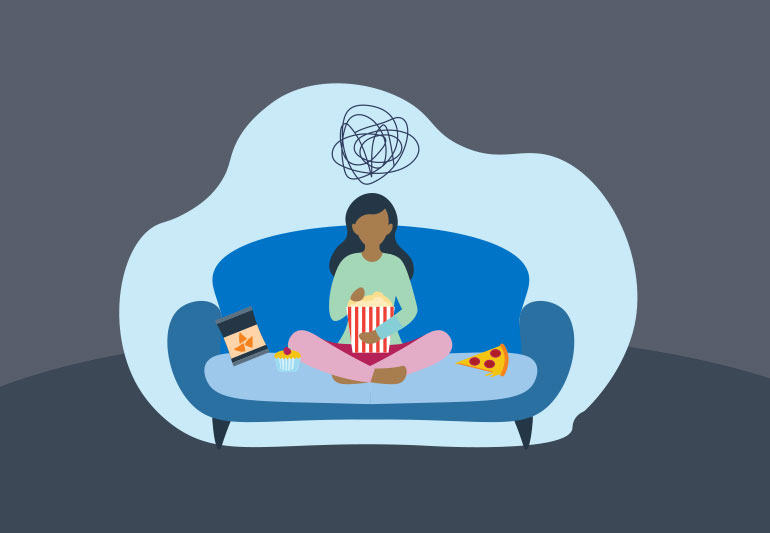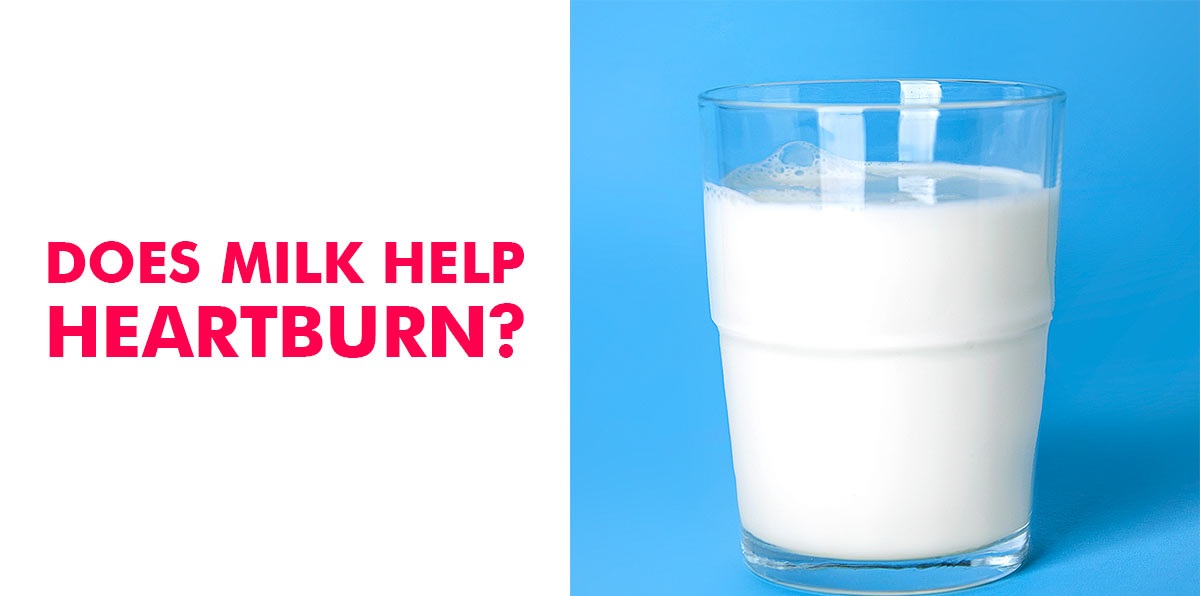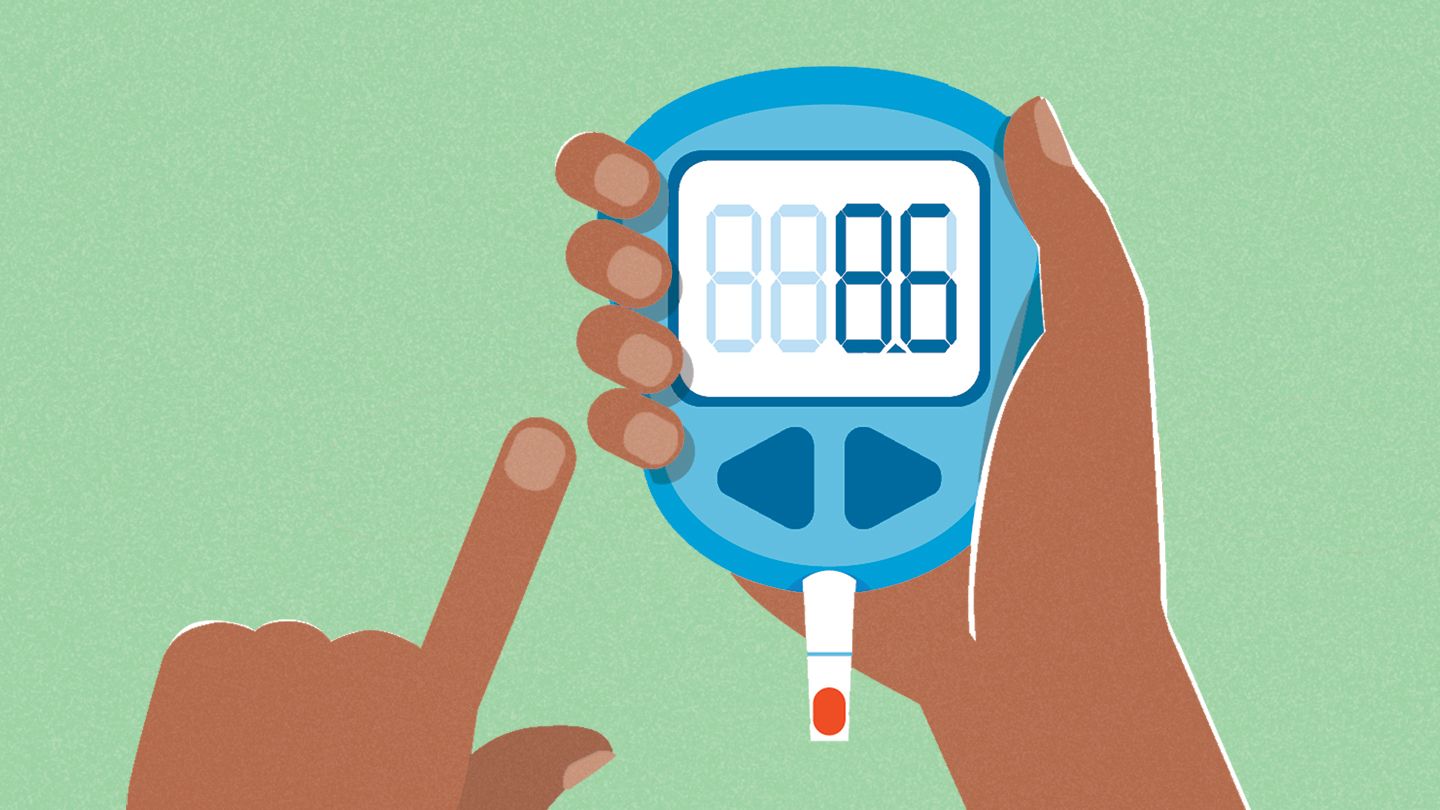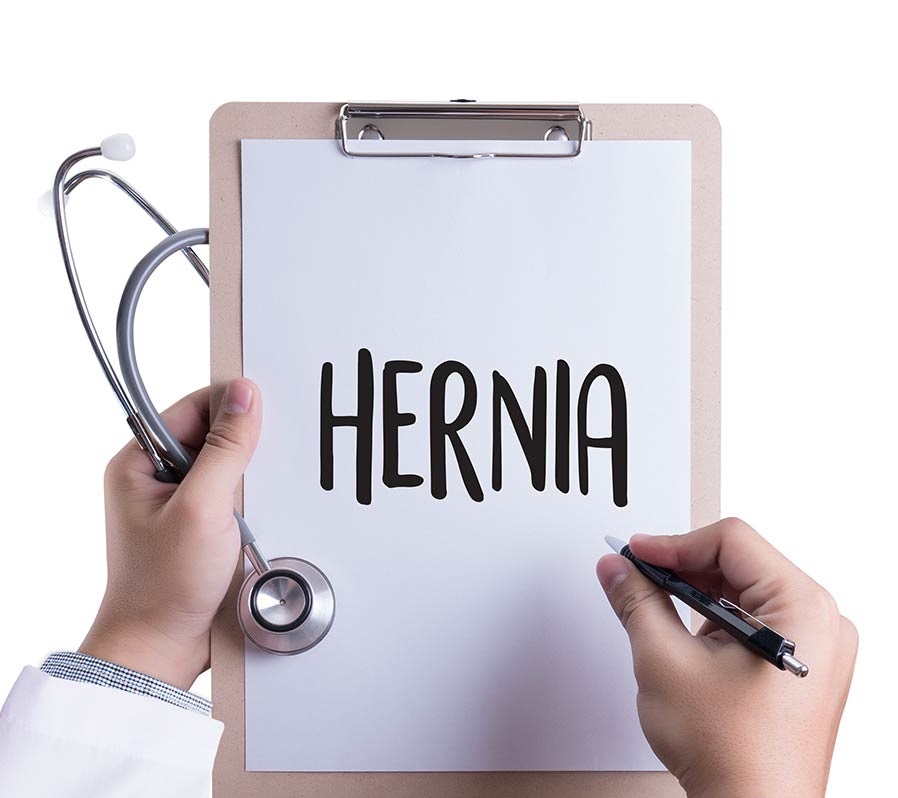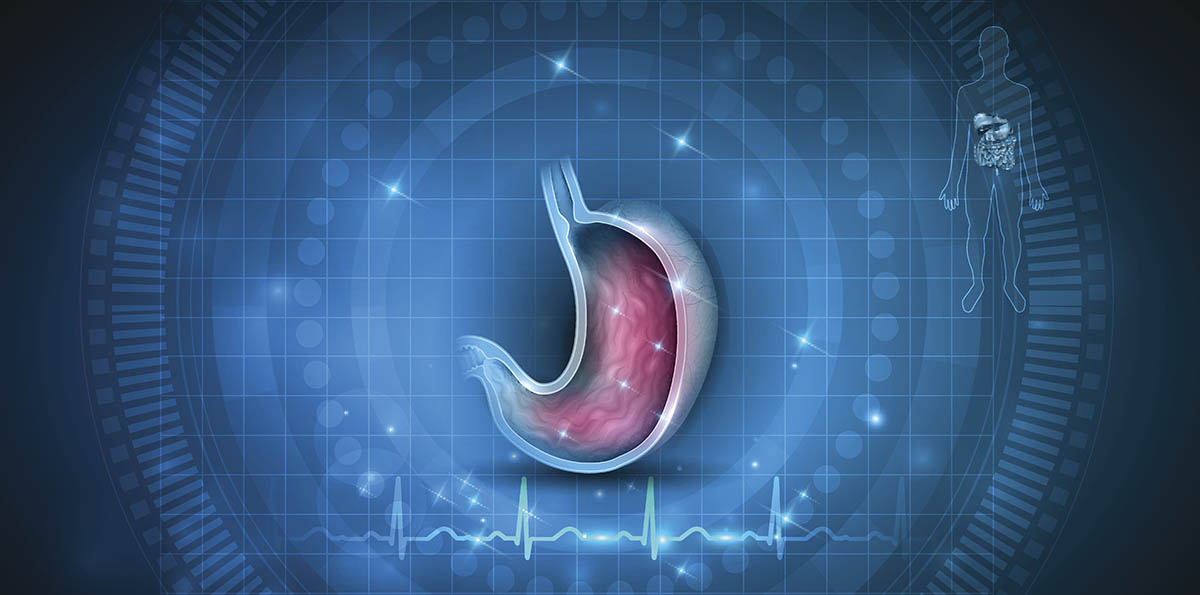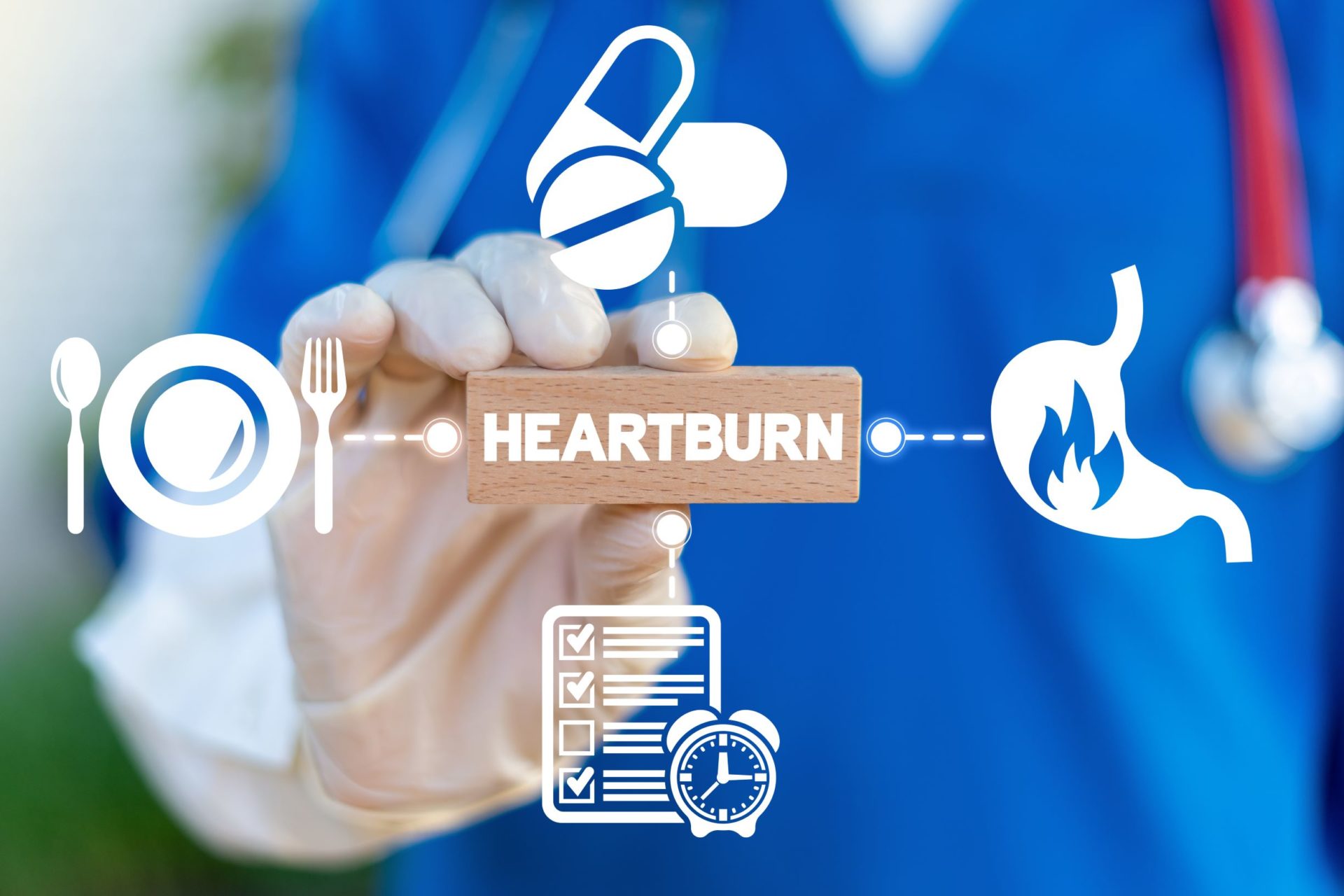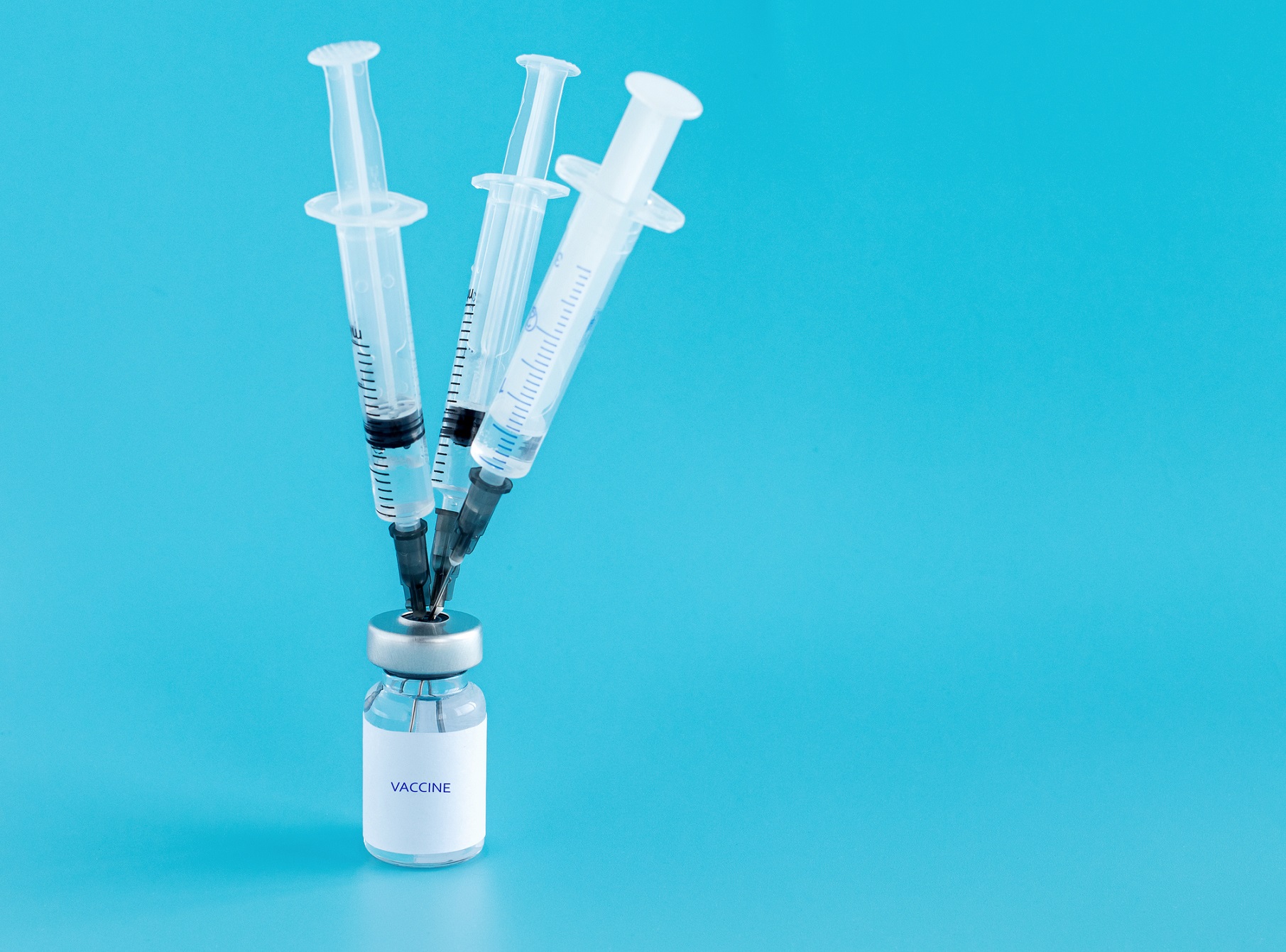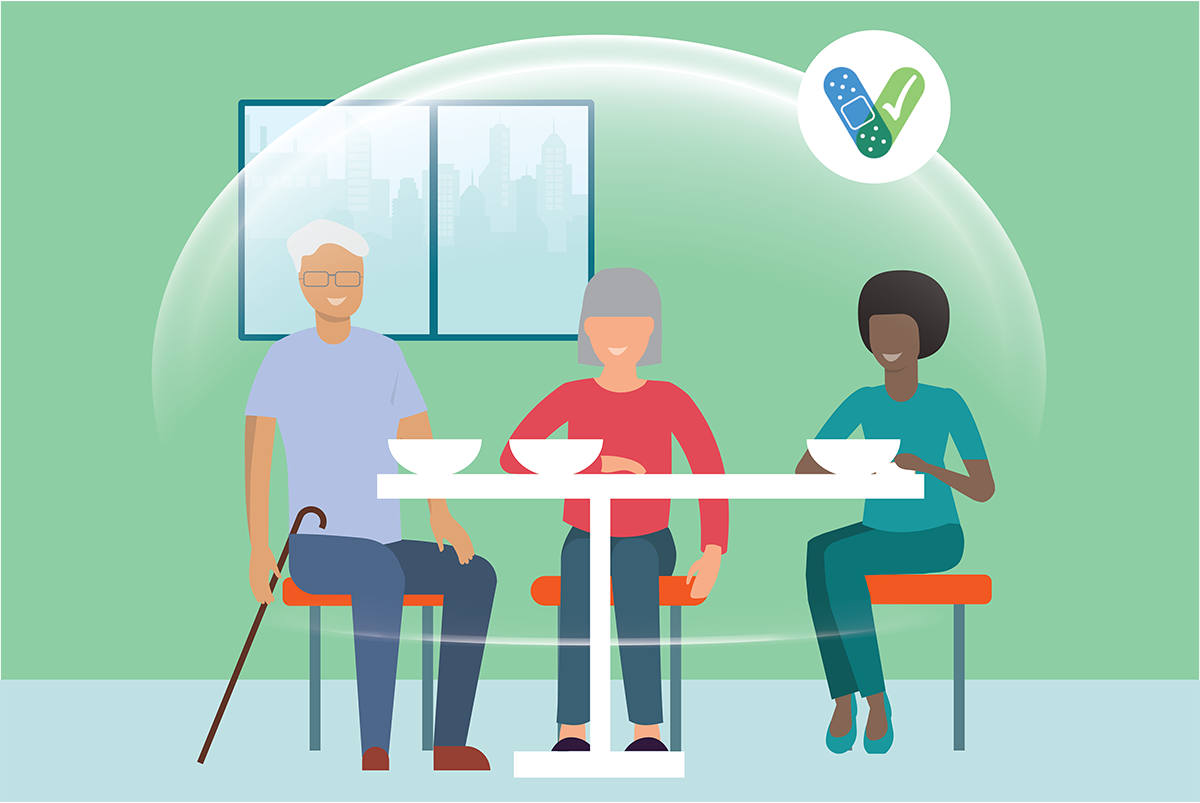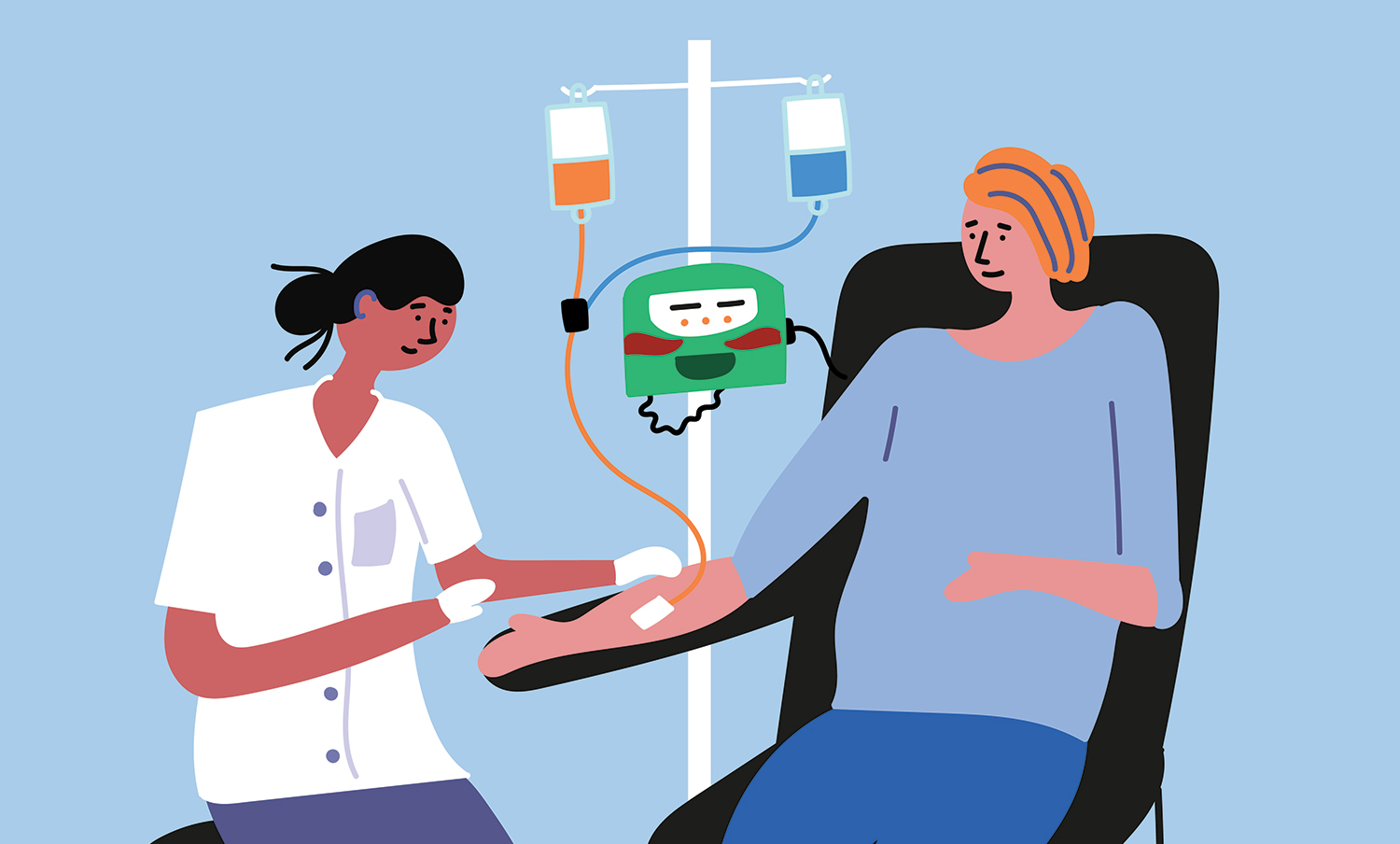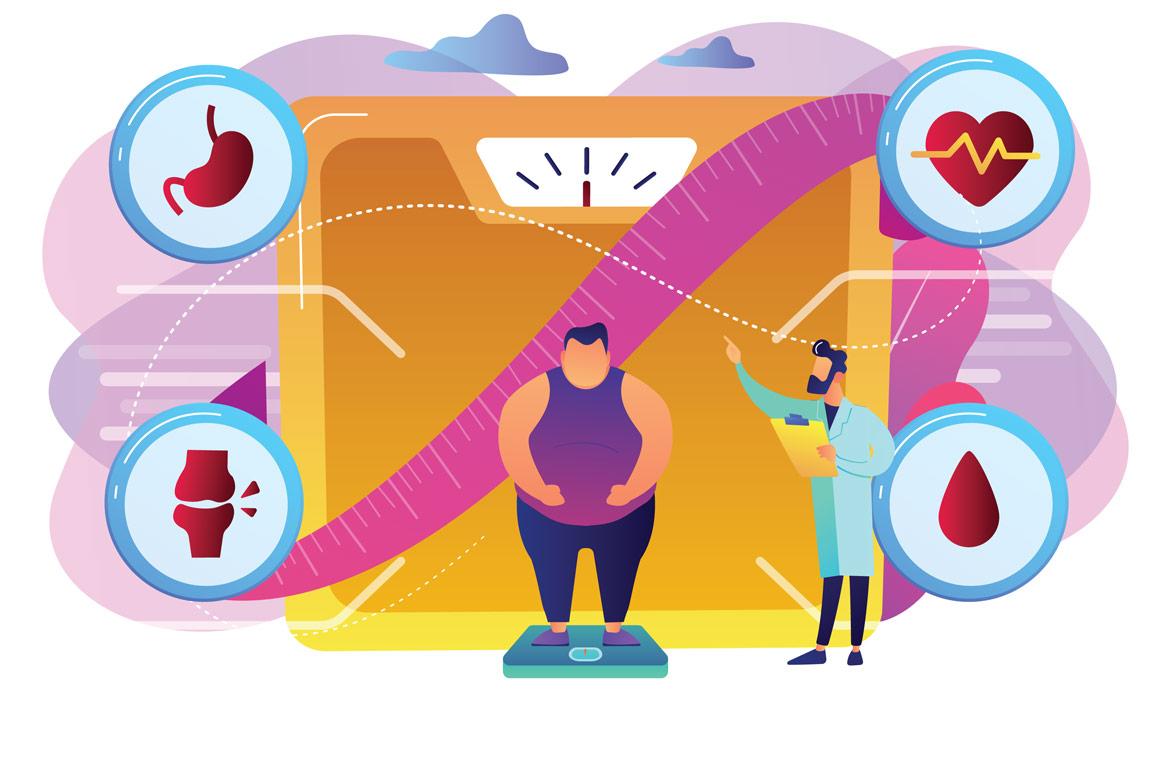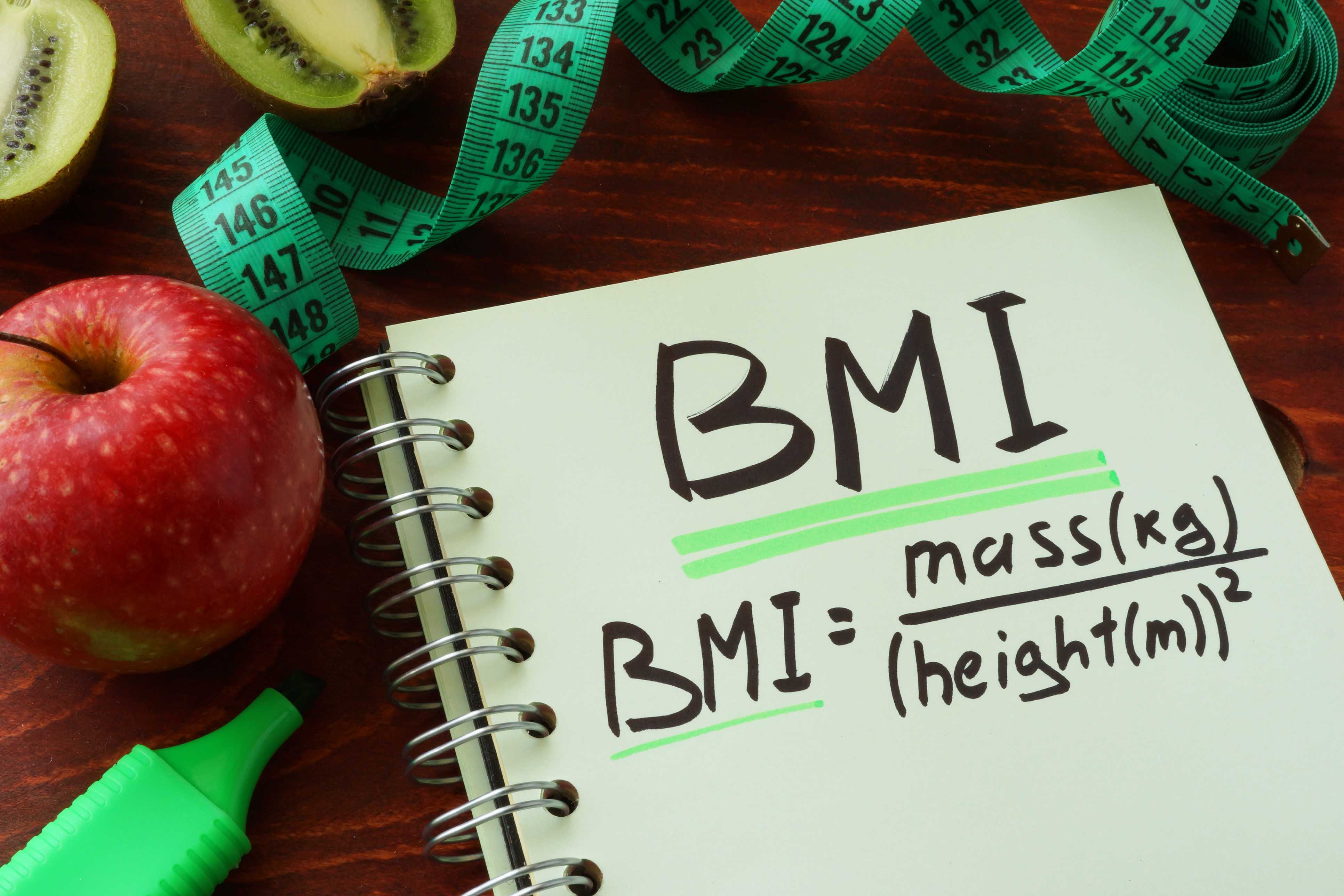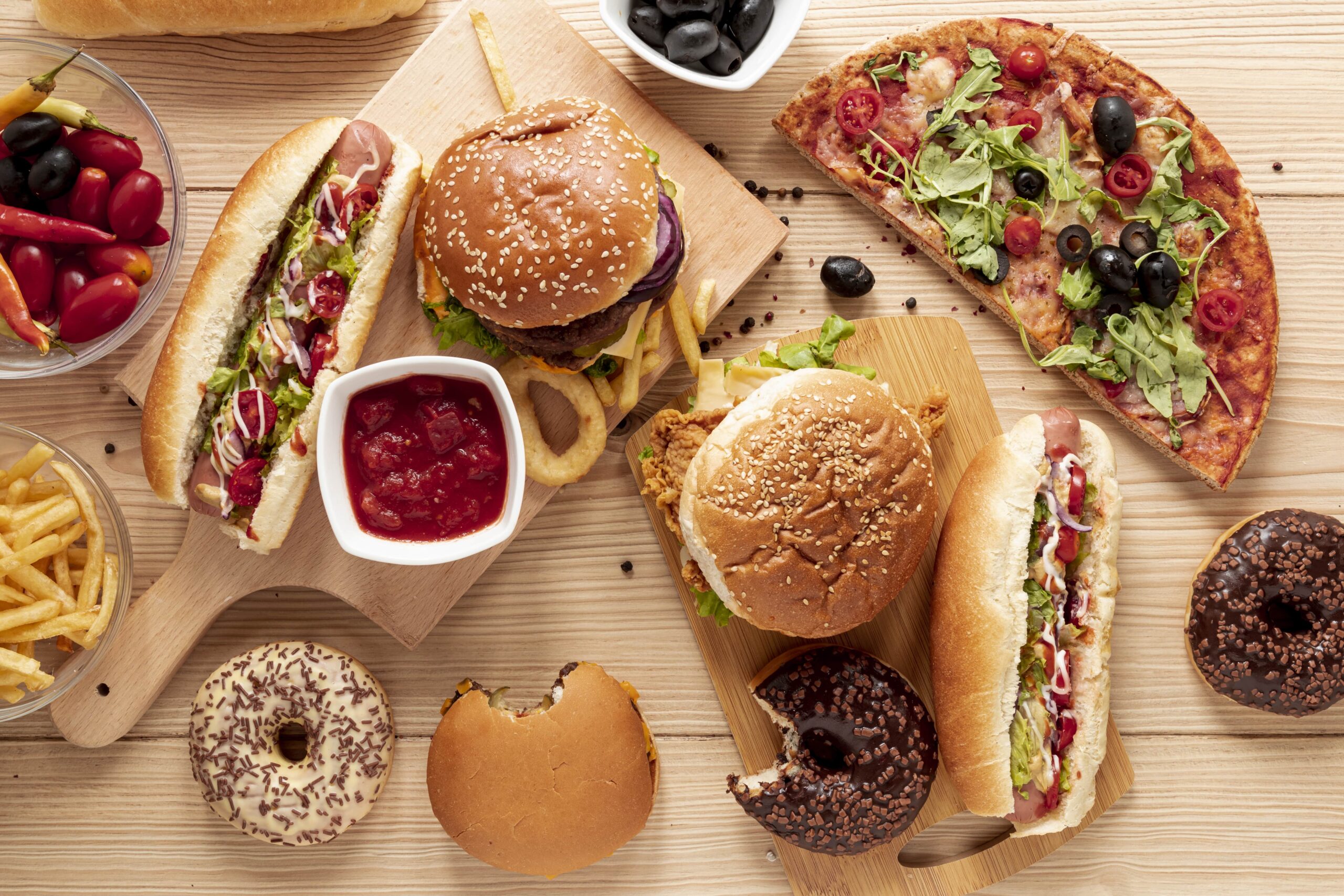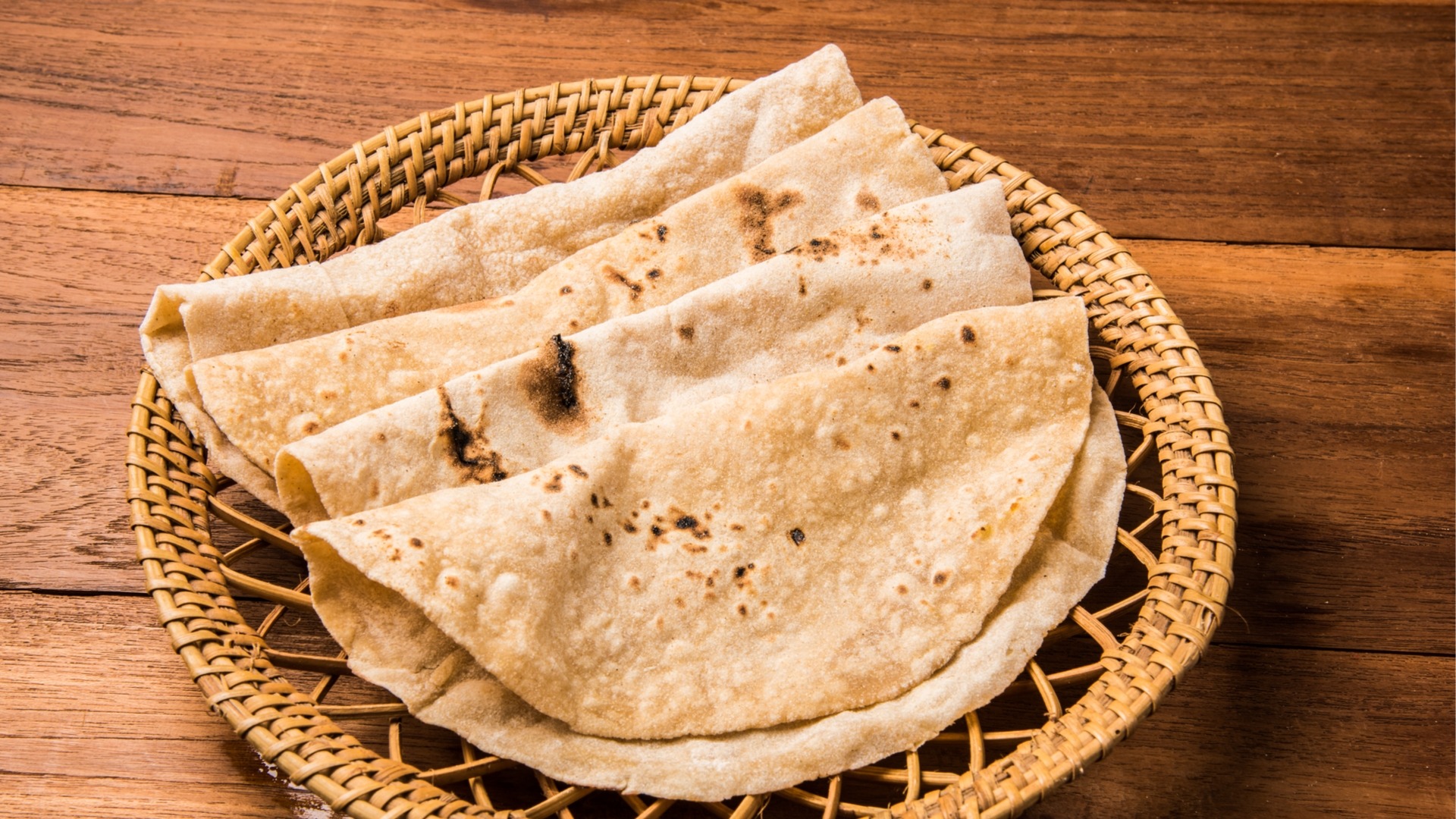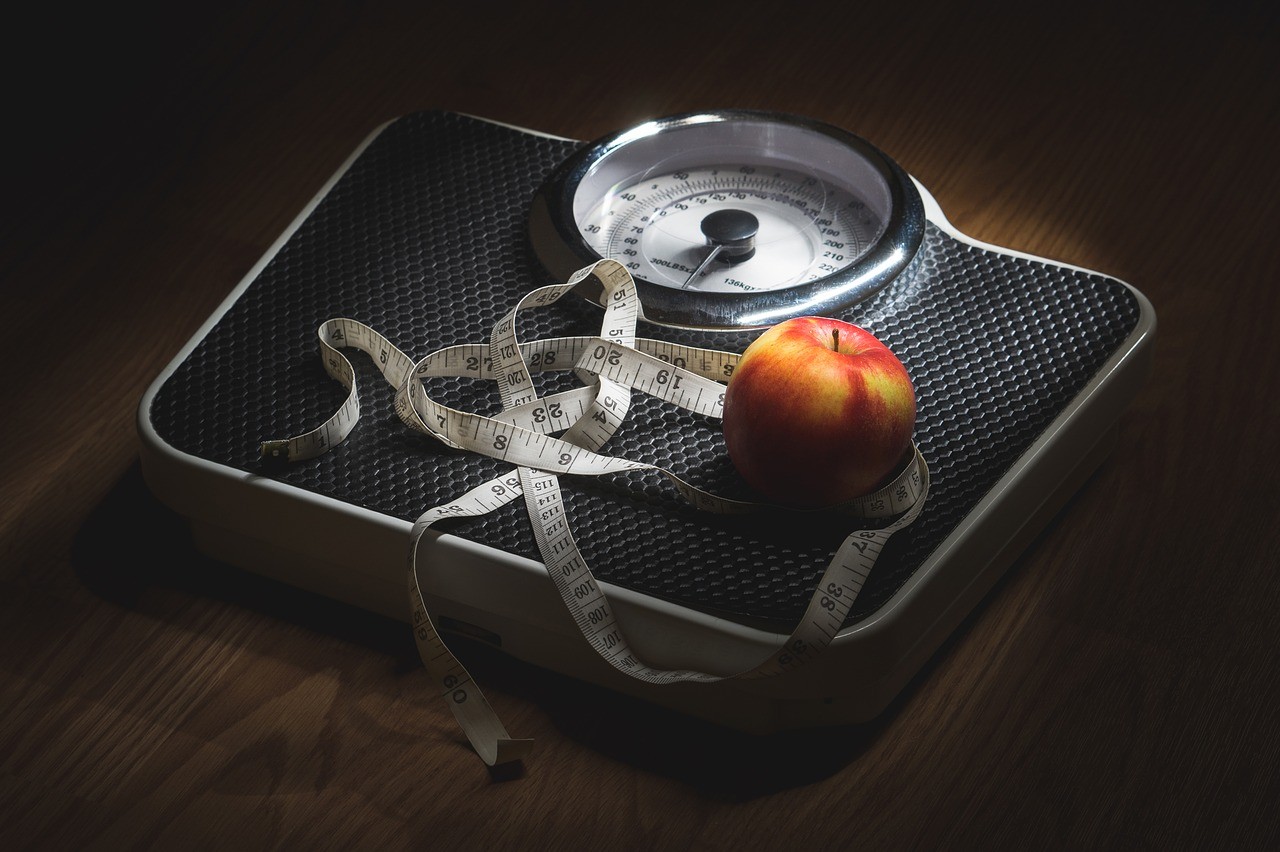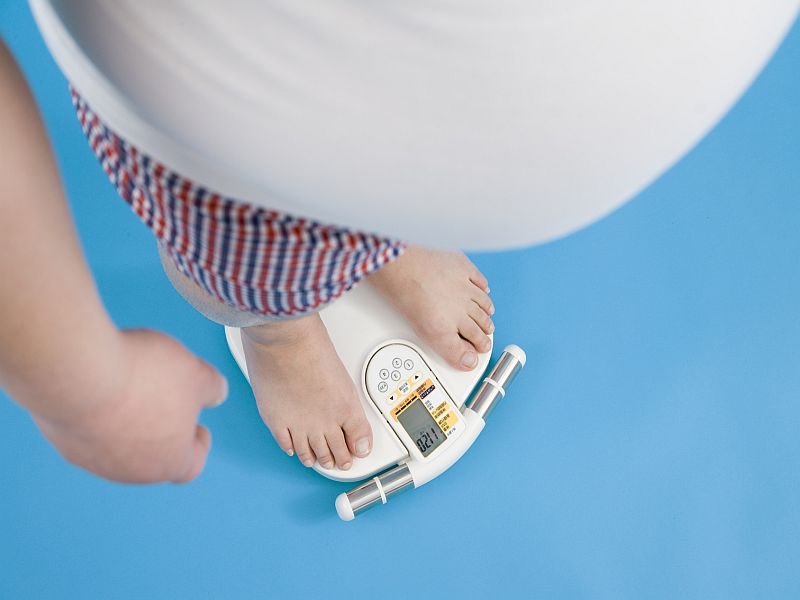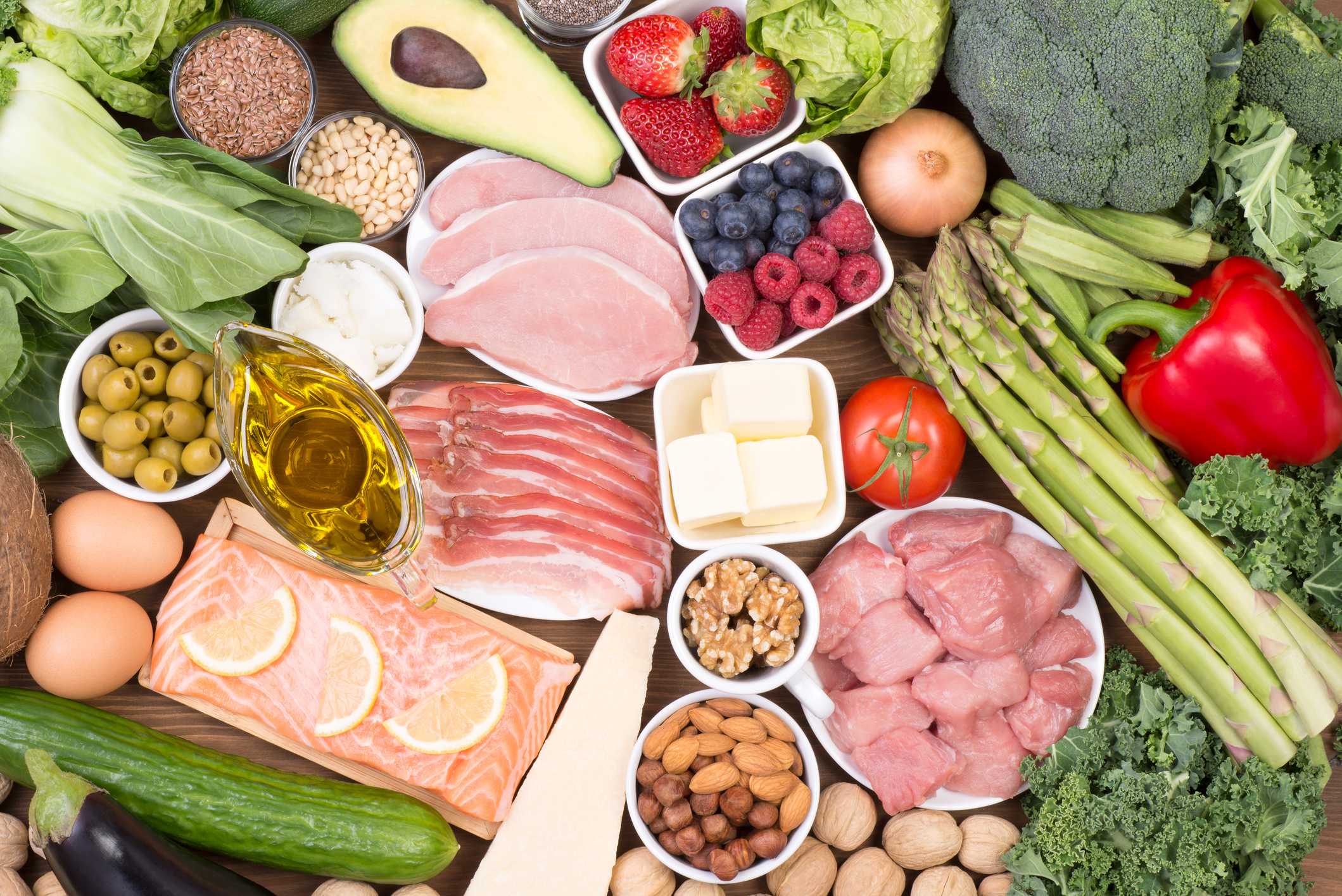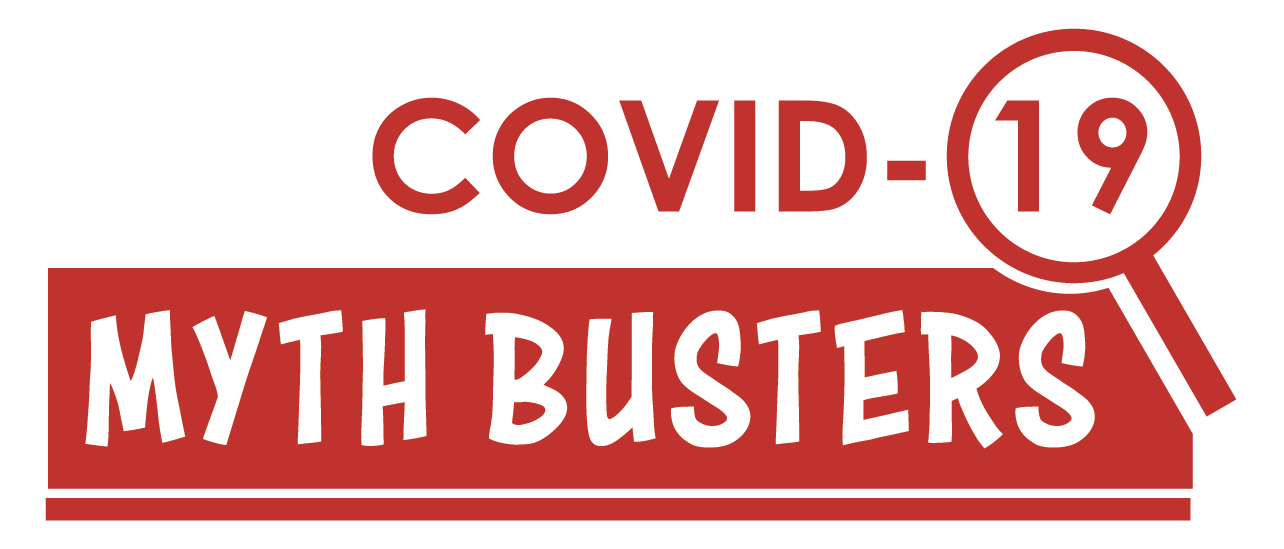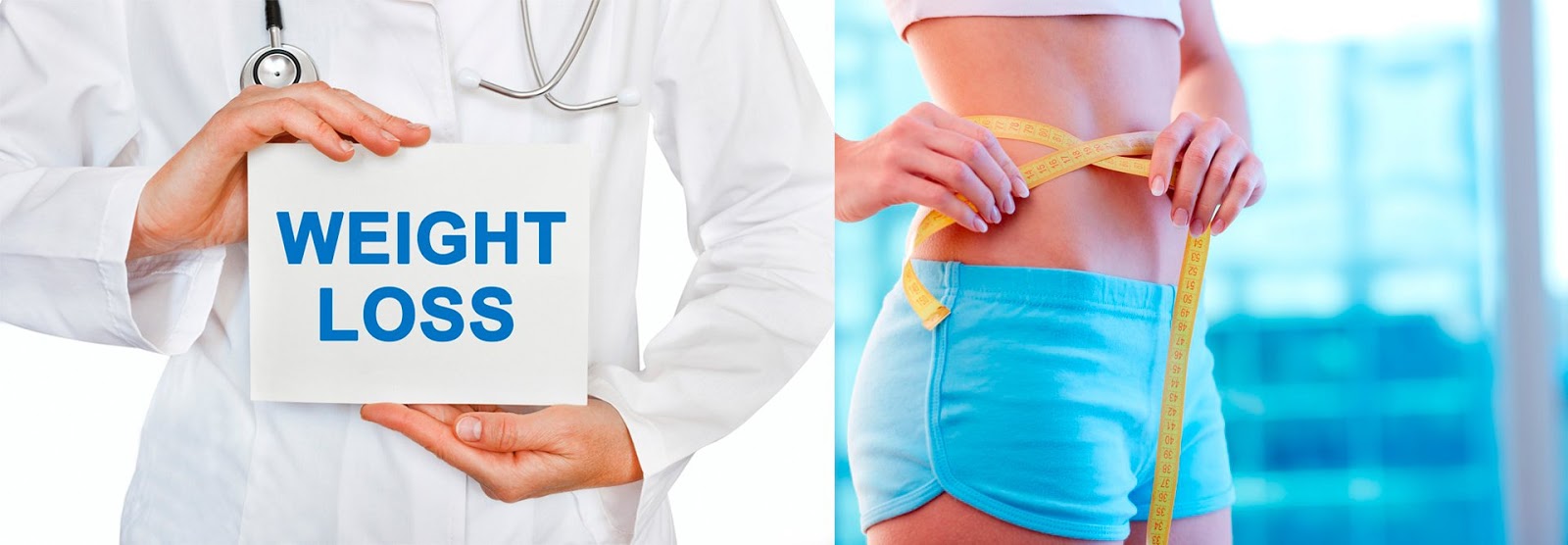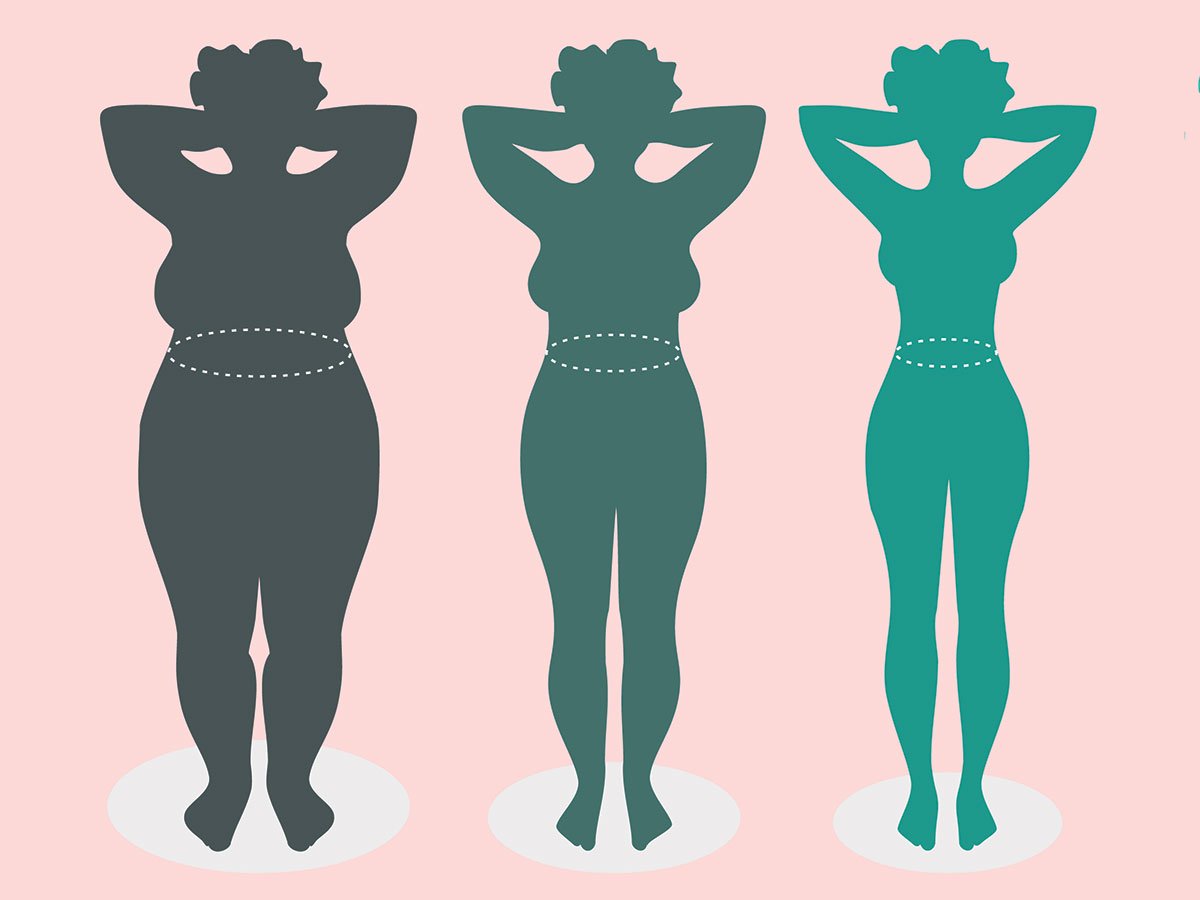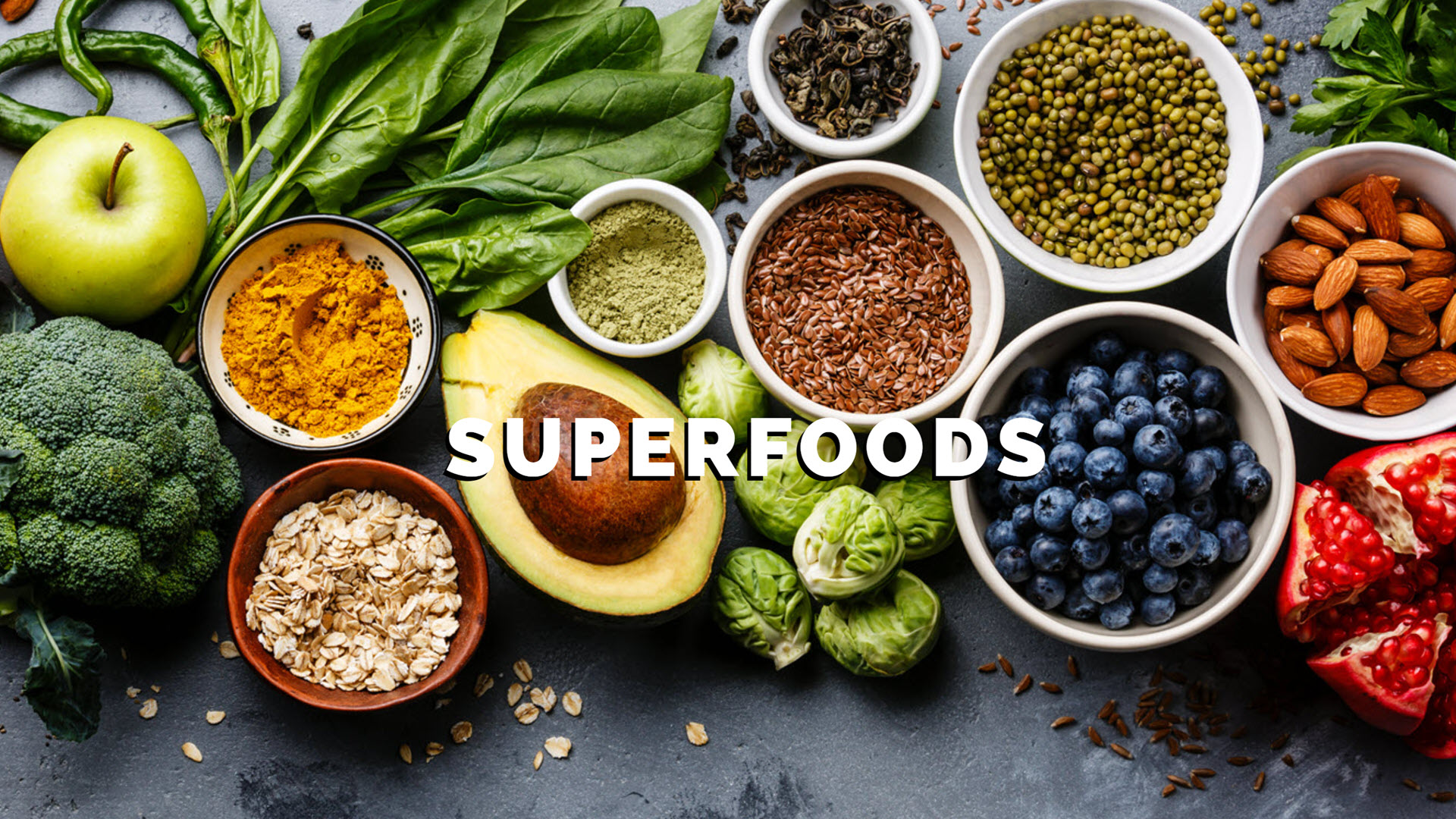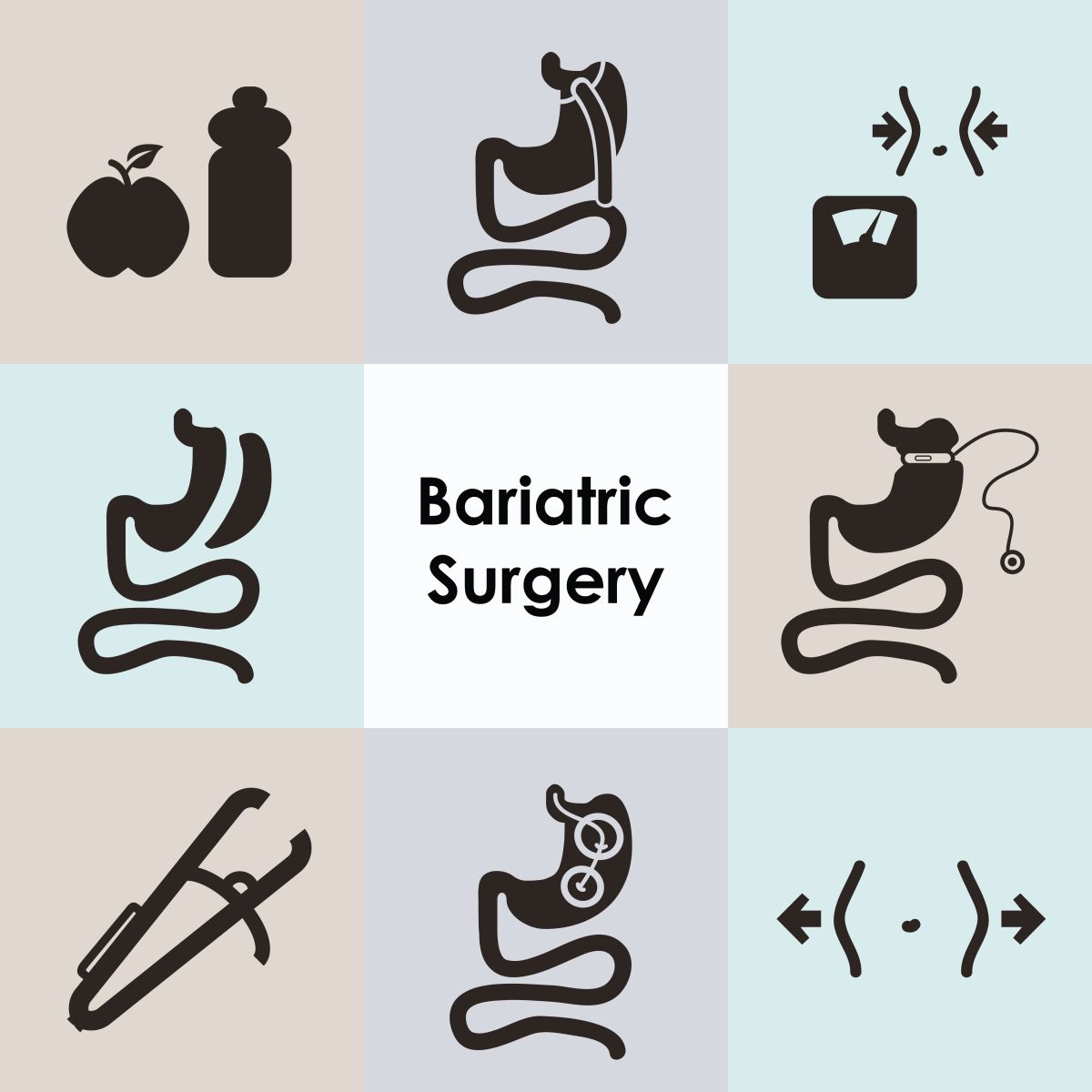Nutrition
Your Daily Healthy Meal Plan
One of the most important parts of a healthy lifestyle is following a healthy diet. You don’t have to starve yourself or completely avoid eating something or overeat something else, you just need to have nutritionally well balanced meals.
Summary: 60 Second Read
This article will cover-
- What consititutes a Healthy Meal Plan
- Calorie intake
- Points to Remember
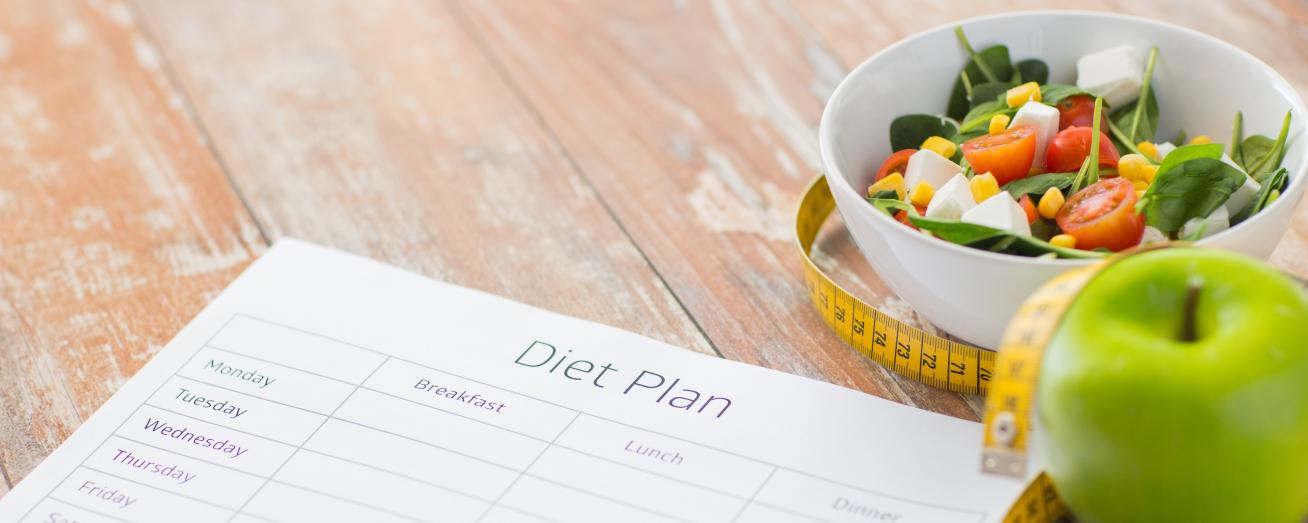
A healthy eating plan gives your body the nutrients it needs every day while staying within your daily calorie goal for weight loss.
A healthy eating plan also will lower your risk for heart disease and other health conditions.
healthy Meal plan:
Fruit and vegetables
Eating at least 400 g(source), or five portions, of fruit and vegetables per day ensure an adequate daily intake of dietary fibre.
Fruit and vegetable intake can be improved by:
- always including vegetables in meals;
- eating fresh fruit and raw vegetables as snacks;
- eating fresh fruit and vegetables that are in season; and
- eating a variety of fruit and vegetables.
Fats
Reducing the amount of total fat intake to less than 30%(source) of total energy intake helps to prevent unhealthy weight gain in the adult population. Also, the risk of developing NCDs is lowered by:
- reducing saturated fats to less than 10% (source) of total energy intake;
- reducing trans-fats to less than 1% (source) of total energy intake; and
- replacing both saturated fats and trans-fats with unsaturated fats – in particular, with polyunsaturated fats.
Fat intake, especially saturated fat and industrially-produced trans-fat intake, can be reduced by:
- steaming or boiling instead of frying when cooking;
- replacing butter, lard and ghee with oils rich in polyunsaturated fats, such as soybean, canola (rapeseed), corn, safflower and sunflower oils;
- eating reduced-fat dairy foods and lean meats, or trimming visible fat from meat; and
- limiting the consumption of baked and fried foods, and pre-packaged snacks and foods (e.g. doughnuts, cakes, pies, cookies, biscuits and wafers) that contain industrially-produced trans-fats.
Salt, sodium and potassium
Most people consume too much sodium through salt (corresponding to consuming an average of 9–12 g of salt per day) and not enough potassium (less than 3.5 g). High sodium intake and insufficient potassium intake contribute to high blood pressure, which in turn increases the risk of heart disease and stroke (source).
Reducing salt intake to the recommended level of less than 5 g per day could prevent 1.7 million deaths each year (source).
People are often unaware of the amount of salt they consume. In many countries, most salt comes from processed foods (e.g. ready meals; processed meats such as bacon, ham and salami; cheese; and salty snacks) or from foods consumed frequently in large amounts (e.g. bread). Salt is also added to foods during cooking (e.g. bouillon, stock cubes, soy sauce and fish sauce) or at the point of consumption (e.g. table salt).
Salt intake can be reduced by:
- limiting the amount of salt and high-sodium condiments (e.g. soy sauce, fish sauce and bouillon) when cooking and preparing foods;
- not having salt or high-sodium sauces on the table;
- limiting the consumption of salty snacks; and
- choosing products with lower sodium content.
Some food manufacturers are reformulating recipes to reduce the sodium content of their products, and people should be encouraged to check nutrition labels to see how much sodium is in a product before purchasing or consuming it.
Potassium can mitigate the negative effects of elevated sodium consumption on blood pressure. Intake of potassium can be increased by consuming fresh fruit and vegetables.
Sugars
In both adults and children, the intake of free sugars should be reduced to less than 10% of total energy intake (source). A reduction to less than 5% of total energy intake would provide additional health benefits (source).
Consuming free sugars increases the risk of dental caries (tooth decay). Excess calories from foods and drinks high in free sugars also contribute to unhealthy weight gain, which can lead to overweight and obesity. Recent evidence also shows that free sugars influence blood pressure and serum lipids, and suggests that a reduction in free sugars intake reduces risk factors for cardiovascular diseases (source).
Sugars intake can be reduced by:
- limiting the consumption of foods and drinks containing high amounts of sugars, such as sugary snacks, candies and sugar-sweetened beverages (i.e. all types of beverages containing free sugars – these include carbonated or nonâ€carbonated soft drinks, fruit or vegetable juices and drinks, liquid and powder concentrates, flavoured water, energy and sports drinks, readyâ€toâ€drink tea, readyâ€toâ€drink coffee and flavoured milk drinks); and
- eating fresh fruit and raw vegetables as snacks instead of sugary snacks.
Summary- A healthy meal plan consists of nutritionally rich and low in fat food, all in the right quantity.
Calories
To lose weight, most people need to reduce the number of calories they get from food and beverages (energy IN) and increase their physical activity (energy OUT).
For a weight loss of 1–1 ½ pounds per week, daily intake should be reduced by 500 to 750 calories(source). In general:
- Eating plans that contain 1,200–1,500 calories each day will help most women lose weight safely.
- Eating plans that contain 1,500–1,800 calories each day are suitable for men and for women who weigh more or who exercise regularly.
Very low calorie diets of fewer than 800 calories per day should not be used unless you are being monitored by your doctor.
Summary- For effective weight loss, ensure that the calories consumed is lesser than the calories spent.
Remember:
- Eat Right and the Right Amount- Pull away from the table when you’re comfortable but not yet full. Wait about 20 minutes If you’re still hungry after that, you might want to eat a little more.
- Exercise Is Part of the Plan- Exercise is an important part of a healthy lifestyle. You can reap fabulous rewards just by exercising and eating right.
Reference:
- https://www.nhlbi.nih.gov/health/educational/lose_wt/eat/calories.htm
- https://www.who.int/news-room/fact-sheets/detail/healthy-diet
- https://www.hsph.harvard.edu/nutritionsource/healthy-eating-plate/




